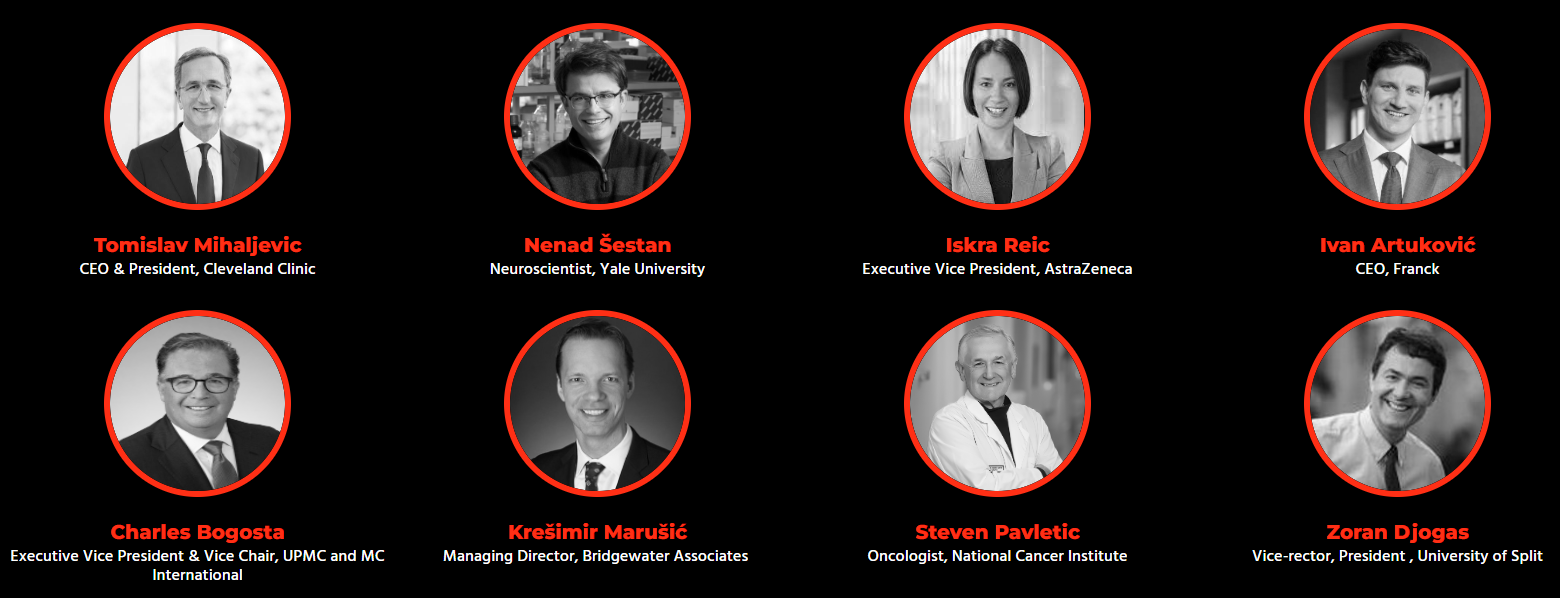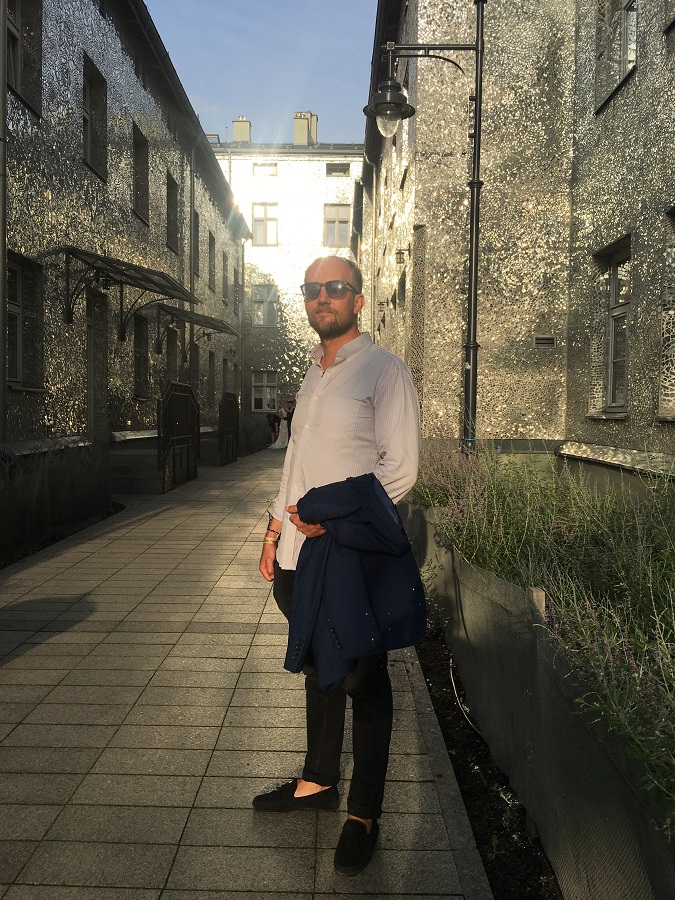Congressional Croatian Caucus Relaunched for the 118th Congress of the USA
May the 28th, 2023 - On Thursday, Congressman Dave Joyce (Republican, OH-14) announced the relaunch of the Congressional Croatian Caucus for the 118th Congress of the USA. Rep. Joyce will serve as the Co-Chair of the Caucus alongside Rep. Nanette D. Barragan (Democrat, CA-44) and Vice Chairs Rep. Claudia Tenney (Republican, NY-24) and Rep. Dan Kildee (Democrat, MI-08).
 Rep. David P. Joyce | Rep. David P. Joyce Official Website
Rep. David P. Joyce | Rep. David P. Joyce Official Website
The bipartisan Congressional Croatian Caucus promotes bilateral cultural exchange between the USA and Croatia, seeking to expand the important friendship between our two nations by highlighting our shared values, engaging in cross cultural cooperation, and advancing business and trade opportunities across the Atlantic.
“Northeast Ohio is home to roughly 15,000 Americans whose primary ancestry is Croatian, representing the fourth largest concentration of Croatians in the United States,” said Rep. Joyce. “Today, Croatian Americans continue to make critical contributions to our community, strengthening our state. I am proud to co-chair this caucus and look forward to working with my colleagues to advocate for the Croatian community.”
“San Pedro is considered the heart of the Croatian American community in Los Angeles and home to the largest Croat population on the West Coast. I am honored to represent such a strong community that has contributed to the vibrancy and development of California’s 44th Congressional District in Congress,” said Rep. Barragán. “I am proud to relaunch the Congressional Croatian Caucus as its Co-chair with my colleagues and will continue to advocate for the interests of the Croatian community in my district.”
“With its rich history, vibrant culture, and strategic location, Croatia plays a vital role in the region and beyond,” said Rep. Tenney. “Croatia holds a special place in my heart, and I am honored to be named Vice Chair of this caucus alongside my colleagues. By re-establishing the Congressional Croatian Caucus, we aim to strengthen the ties that bind our two nations, promote cooperation in various areas of mutual interest, and foster a deeper relationship between the U.S. and Croatia. Together, we will work to promote the welfare and interests of Croatians while providing a voice for the vibrant Croatian diaspora.”
“Croatia is an incredible partner and ally with the United States, and Croatian Americans have made incredible contributions to our country,” said Rep, Dan Kildee. “In Congress, I will continue to look for ways to strengthen the relationship between Croatia and the United States.”
“The Croatian American community is very grateful that so many congressional members belong to our caucus and are interested in issues that affect the Republic of Croatia and the Southeast Europe region. We especially want to thank the four leaders of our caucus led by Rep. David Joyce (OH) and Rep. Nanette Barragan (CA) and with newly added Vice-Chairs Rep. Claudia Tenney (NY) and Rep. Dan Kildee (MI) for their support of this congressional coalition,” said Steve Rukavina, President of the National Federation of Croatian Americans Cultural Foundation.
For more, check out our lifestyle section.
Association of Croatian American Professionals Conference Coming to Zagreb (ACAP 2023)
April 23, 2023 - An important date for those interested in the strengthening ties between Croatia and its diaspora - ACAP 2023 (Association of Croatian American Professionals conference) is coming to Zagreb.
Wherever I look, i see shoots of hope for the future of Croatia.
Entrepreneurs who are becoming more successful at business, a slowing down of the emigration in Osijek and surrounding area, and a much greater engagement from the Croatian diaspora with the young movers and shakers in the Homeland. Not to mention the steady trickle of those in the diaspora who have decided to return to Croatia for its safety, lifestyle and authentic experiences. You can read a number of interviews about their experiences in the TCN section, Croatian Returnee Reflections.
One of the strongest bonds that has been built across the Atlantic has been with the Association of Croatian-American Professionals (ACAP), which has been doing excellent work promoting Croatia and ties to Croatia since its inception in 2014. The official website describes itself
The Association of Croatian-American Professionals is an international network of 2,000+ professionals spanning all industries and academic communities. Since 2014, ACAP has endeavored to connect and inspire Croatian-American professionals from the United States and around the world to exchange ideas and engage in business collaboration while preserving the cultural heritage we all hold dear to our hearts.
ACAP is a non-profit organization created to foster knowledge-sharing, networking, and promoting Croatian and Croatian-American professionals, and trade between the two. We are active in providing opportunities for professional development, promoting trade, bridging businesses and communities, and facilitating networking events. We welcome individuals of non-Croatian heritage who are active in the Croatian community.
And ACAP is coming to Zagreb! This year's ACAP 2023 conference will be held in Croatia for the first time, from July 5-8 in Zagreb, bringing together some of the heavyweights of the diaspora looking to develop more business and connections in Croatia. These include the CEO of the world-famous Cleveland Clinic, Tomislav Mihaljevic. Health tourism is a huge potential for Croatia, which boasts excellent in the field, and ACAP 2023 has made it a large focus of the event, backed by some very influential speakers in the field, including ACAP President, Dr. Steven Zivko Pavletic:
We hope you will be able to join us in Zagreb. Expectations are high and we will need your support to make this conference a full success. We hope to highlight the excellence of Croatian professionals in Zagreb with a force like never before.
More details on the July conference can be found here with the agenda and link to register.
****
What's it like living in Croatia, and where can you get the best survival tips? TCN CEO Paul Bradbury and TCN Editor Lauren Simmonds have teamed up to publish Croatia, a Survival Kit for Foreigners.
Follow Paul Bradbury on LinkedIn.

Croatian Returnee Buys Hotel to Provide Free Holidays for His Employees
March the 13th, 2023 - One Croatian returnee from America has invested a huge sum of money into a hotel which will be used for free holidays for the employees of his three Sisak-based companies.
As Poslovni Dnevnik writes, Croatian returnee Darko Matt Sertic is breathing life back into an area in which the massif of Velebit plunges down into the sea. Jablanac, a place in which around fifty people live without a local school or a shop, but which does have a post office, a church, is home to a hotel like no other in Croatia. This hotel's guests, believe it or not, stay there for free.
Darko decided on making such a move way even before he bought it, and he had spent literal years looking for a facility where the workers from his three Sisak companies could come and spend their holidays without having to pay one single cent, tportal writes.
"I do it out of pure selfishness, if you like. If you want a good and prosperous company with happy employees, you have to provide them with some basic things - paid travel expenses, hot meals, and you can even throw in a nice holiday, too. You have to help them out with what is affecting their family budget a little more. That's how you keep hold of them. In addition, you'll attract new, smarter people than you to come and work for you. Then you can step aside a little and say - great, less obligations for me,'' 66-year-old Croatian returnee Sertic explained.
He bought the Ablana Hotel with its 26 rooms two years ago. It was built back during the second half of the 90s and was operational as a normal hotel until 2010, when it was left at the mercy of vandals and the cruel hands of time. It sadly turned into an abandoned, ghost hotel, joining a series of abandoned tourist facilities dotted along the Croatian coast that are decaying in silence as the years pass and the elements take their toll.
"The hotel was in a terrible state, I was simply blown away. It was overgrown with weeds and wild animals lived in it, and the rooms were toilets for the people swimming on the nearby beach. It was just awful! But in America they teach you that even that "awful" can be turned into something good. Everything can be fixed, except the location. When something is in an excellent location, then it makes sense for you to work hard on it,'' explained Sertic.
He learned his priceless American entrepreneurial wisdom during the last 40 years he spent living and working across the pond. As a young man, Sertic moved away from his native Sisak to the USA in the mid-80s. He got a job in Silicon Valley and founded Applied Ceramics back in 1994. Its main business is the production of components for the chip industry, and its clients are the world's largest manufacturers, such as Intel, Samsung, Philips and Taiwan's TSMC, just to name a few.
He opened a plant in Sisak back in 2008, in the institute building of the former Zeljezara (ironworks). Three years after that, he started the international culinary academy Kul In, and in 2014, Pisak, the first business incubator in all of Croatia created based on a private initiative. This doggedly determined Croatian returnee did not stop there, either, and in 2018, he started the production of solar modules in his company Sunceco.
Here in Croatia, Sertic employs around 200 people. With them in mind, as well as is desire to provide internships for the participants of his culinary school during the summer, he started looking for a hotel or resort by the sea, and that's how this extremely generous idea came to be.
For more, check out our dedicated news section.
TCN New York Correspondent Srecko Mavrek Gains Recognition
March the 12th, 2023 - TCN New York correspondent Srecko Mavrek, a man born in Varazdin who has spent his time living, studying and working around the world, gains recognition for his promotion of Croatian culture abroad.
Last week in Bad Homburg, Germany, the winners of the 17th Vecernjak’s selection of the most popular Croats in the diaspora were announced in the categories of sport, music, acting and showbiz for the 2023 Vecernjakova Domovnica Award. This year’s “Vecernji list” newspaper awards ceremony was also held under the sponsorship of the Minister of Foreign and European Affairs and the Croatian Heritage Foundation.

Srecko Mavrek, TCN correspondent from New York and one of the hosts of Croatian Radio New York "Voice of Free Croatia", also received special recognition.
Srecko Mavrek was born in Varaždin in 1969, and his origin is from Ivanec. He studied in Zagreb, Pecs, Graz and New York, and was one of the prominent student leaders at the University of Zagreb, where he was elected to the presidency of the Student Union and served as a representative for the social-humanistic-theological field in the university senate.
Before leaving for the USA, he worked as a researcher and lecturer at the University of Udine in Italy, the Karl-Franz University of Graz in Austria, the University of Augsburg in Germany and the University of Pécs in Hungary. He currently works as a swimming and physical education teacher for the New York City Department of Education.
He is also an adjunct lecturer at Hostos Community College, the City University of New York. As an internationally recognised expert in education, he was the official representative of the Kappa Delta Pi International Honor Society in Education at the United Nations Department for Global Communications.
He received several prestigious professional awards and recognitions, such as the 2016 President's Council on Fitness, Sports & Nutrition Community Leadership Award. Mavrek sings tenor in the well-known New York klapa Astoria, which became famous by performing the American national anthem at the Croatian Heritage Night in Madison Square Garden on January 11, 2019. In Science of Music, he composes folk and world music and plays various instruments. He is also a correspondent for the Croatian Information Agency (HIA).
Srecko Mavrek is a highly respected Croatian lobbyist and promoter of Croatian national heritage and culture in America and around the world. For this reason, last Sunday he received one more recognition from the American-Croatian Congress at a ceremony held at the famous Dubrovnik restaurant in New Rochelle, New York, owned by Zeljko Tomic from the island of Lopud.
The ceremony was preceded by the premiere of the HRT documentary "Ana Mljecka", which promotes Croatia, the island of Mljet and the Mljet National Park around the world, and is dedicated to the traditional way of life on the Adriatic and the Croatian islands, showing the cultural heritage of the island through the biographical story of Ana Strazicic Rodriguez, a well-known Croatian expatriate who has been living and working in America for decades.
During his speech at the award ceremony, Srecko Mavrek thanked the entire American-Croatian Congress, which recognised his contribution to the Croatian community in New York, and he also said that it was a really great honor for him personally to be among other award winners such as Jere Kursar, Zvonko Crnogorac and all others who for many years have been contributing to the promotion and reputation of Croatia and the Croatian community in New York and New Jersey with their voluntary and humanitarian work.
As a respected member and journalist of the American-Croatian Congress, he also announced that after this recognition, he will become even more involved in a series of projects at the local community level and globally.
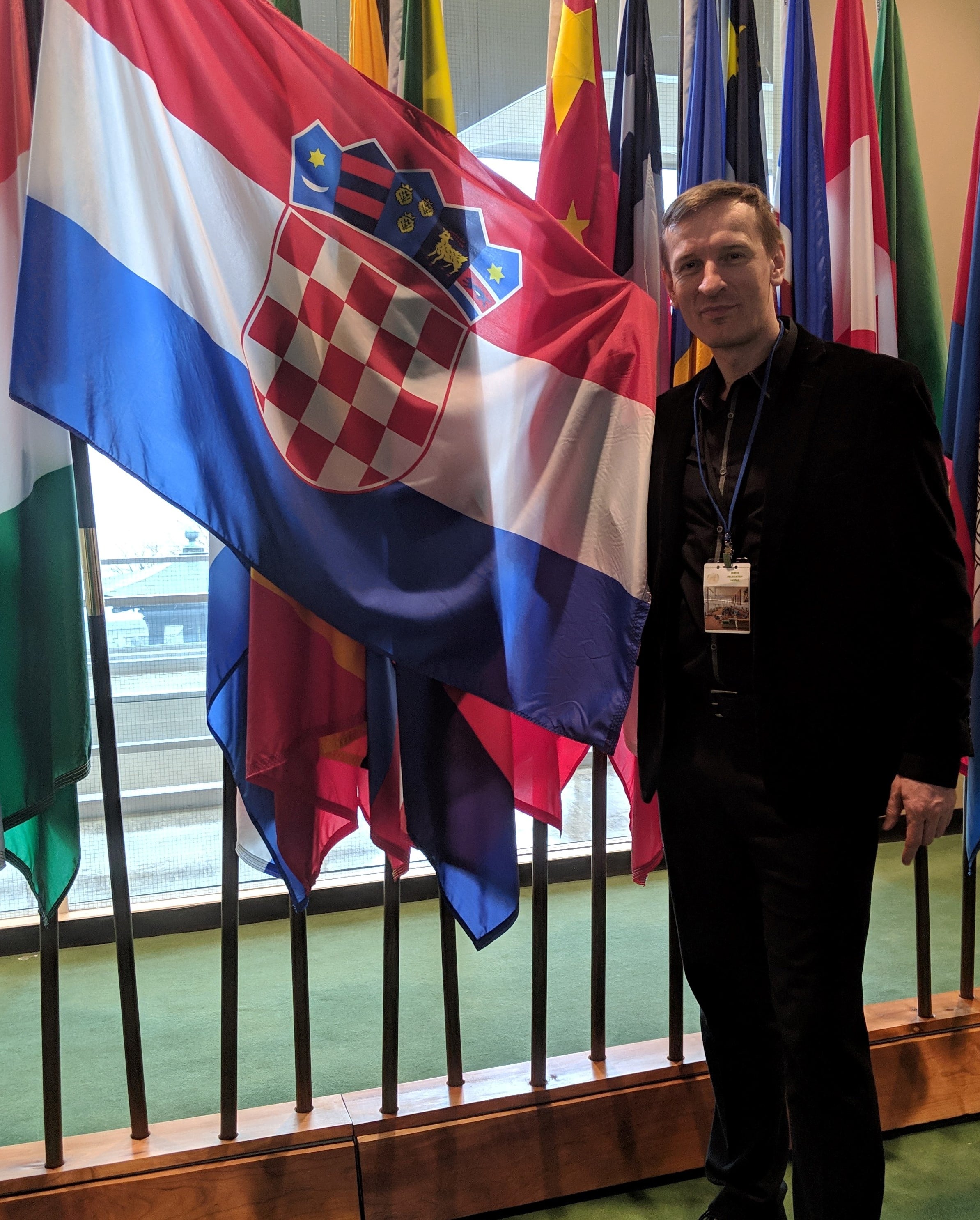
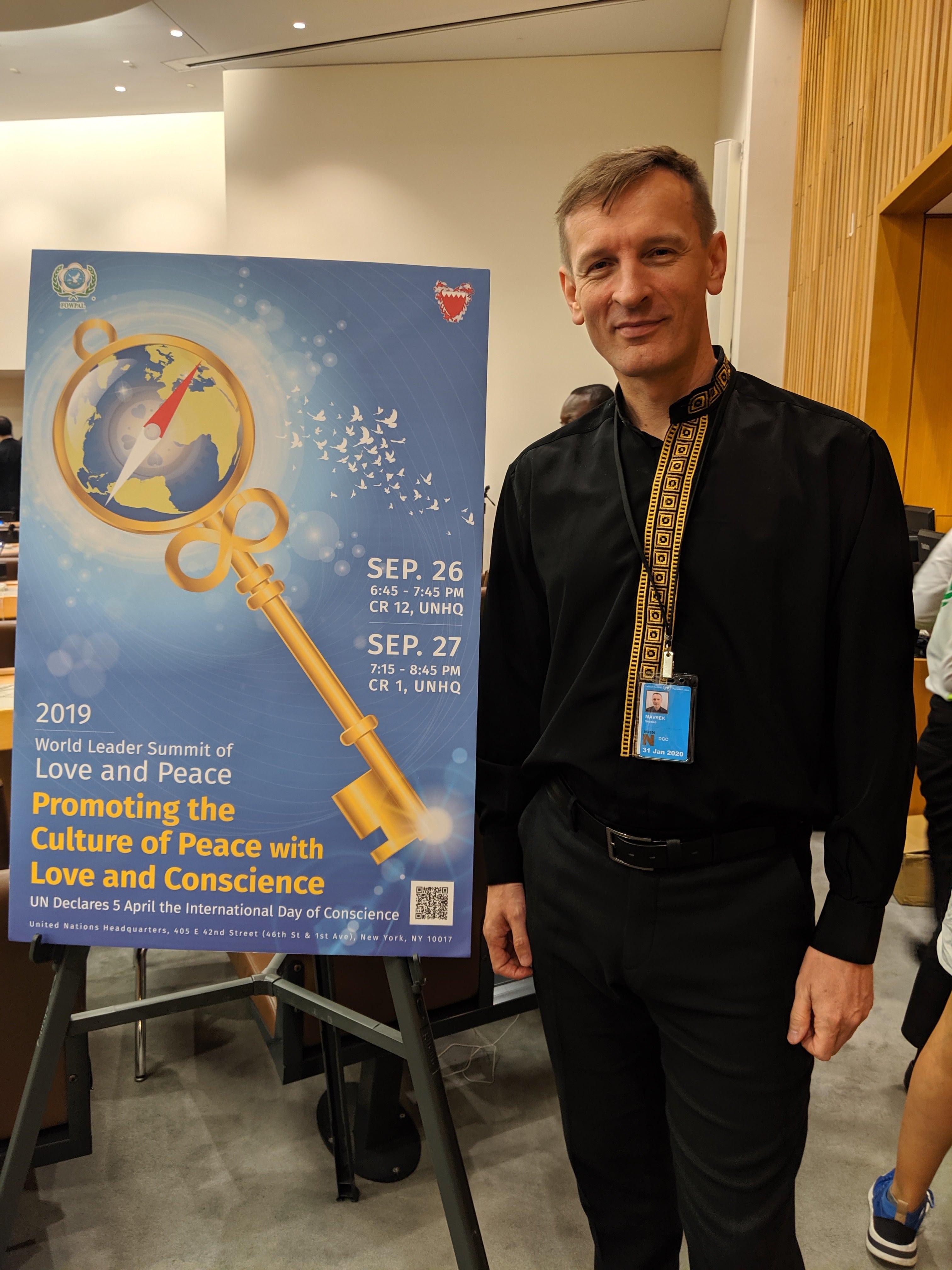
For more, check out our lifestyle section.
Croatian Returnee Stories: Ian Paligoric, from Dublin to Split
February 18, 2023 - Whisper it quietly, but more and more people are relocating to Croatia from the diaspora. In a new TCN series, we meet them to find out how they are faring and what advice they have for others thinking of making the switch. Next up is Ian Paligoric, who moved back from Dublin to sunny Split.
A 26-year-old who lived (studied and worked) in the UK, Spain and Ireland from 2015 to 2019 (returned right before the pandemic took over). A marketeer and creative writer at heart, born and raised in Split, but always thought that the grass was greener over the fence, blaming "the system" for all the woes. The experiences abroad allowed me to broaden my horizons (my, my, what a cliche, eh?) and discover that not all things are as they seem. Currently, I'm working as an Automation Marketing Specialist at Adriatic.hr and am a sole-trader (owner of an "obrt" doing marketing as well).
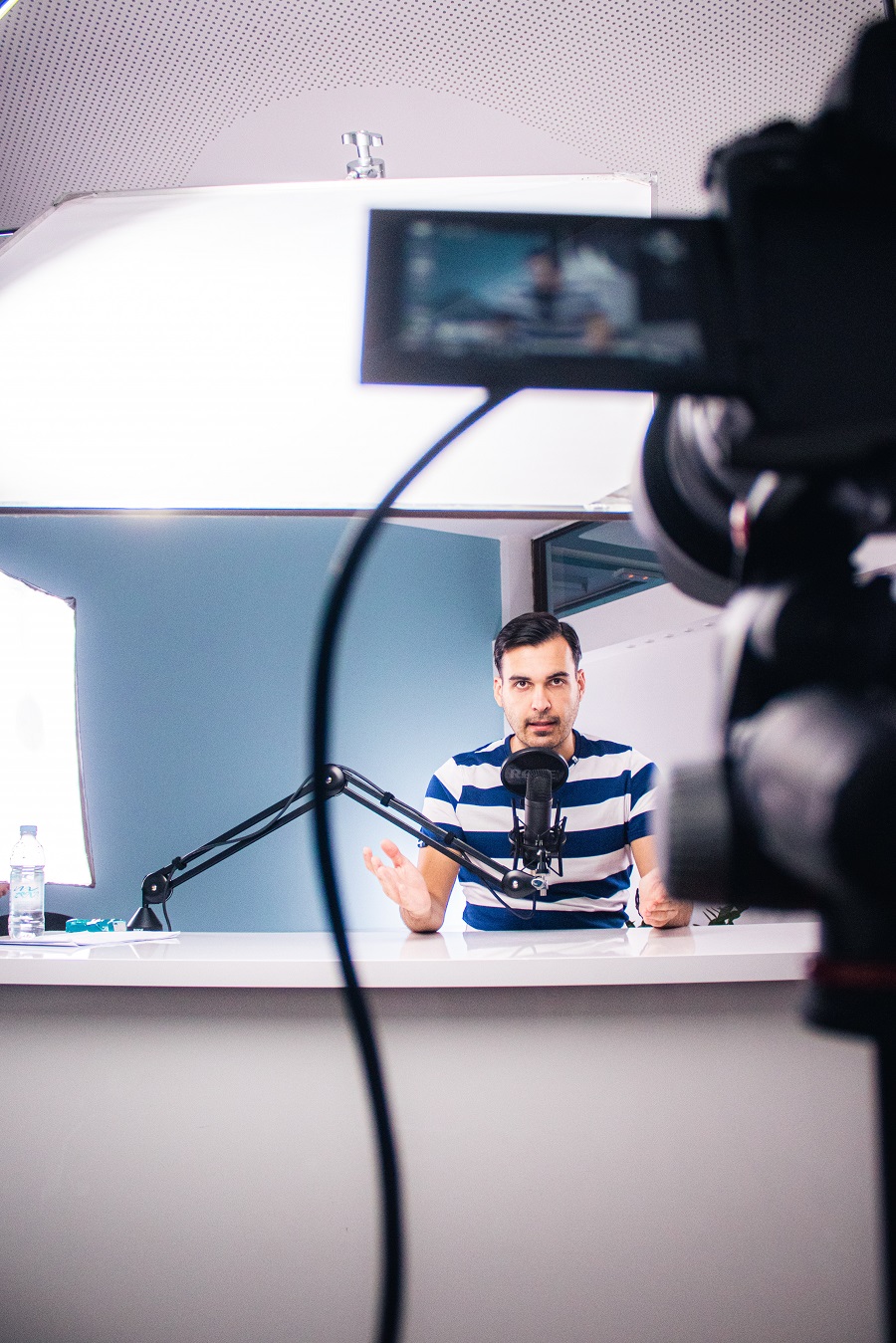
1. You made the switch to Croatia. Tell us a little about the decision process and how long it took for you to get on the plane?
It's 2019, and I'm working in Dublin, paying an exorbitant amount of money on rent and working in a dead-end corporate job where it's transparent to anyone but the psychopathic middle managerial class that everyone is unhappy, the job is a sinecure, and there's no way to rise up the ranks without sucking up to the higher-ups. Also, for a young man, working in a "top 10 consulting firm in the world" is actually a waste of time. The meme is real. Anyway, I was unhappy. At the time, I just thought it was because Dublin didn't sit well with me, having moved there from the UK, so I went back to England. It didn't scratch that itch, and I realised for all its faults, (spoiler alert), Croatia isn't necessarily bad, and that the lifestyle is, I dare say, superior. I do miss a great many things about those countries, and I cherish the memories I made there, but I'm happier as it is now.

(Photo Josip Svalina DUMP)
2. What did your family and community back home think of your decision at the time?
Family? Greatly disappointed. They didn't understand that the nature of my work would eventually allow me to work remotely, which I tried to tell them. Not only that, but it was they who encouraged me the most to make the move, as they thought that I'd succeed more in life if I was abroad; in retrospect, it's from them that I might have had such a negative perception of Croatia. Anyway, it's 2023, and they still haven't come to terms with my return. Truth be said, they still didn't come to terms with me having only a bachelor's degree and saying that pursuing further education is a waste of time considering that, in my experience, the work market is oriented more towards those with skills and work-experience. As for friends and the local community, they were... Ambivalent, to say the most. Before I left, they kept saying "it's better out there"; when I returned, they said: "no place like home."

3. Where did you get your information about the realities of Croatia prior to coming?
I was still connected with my friends who were studying and working all over Croatia, and it's from them that I knew what was happening (also, I've read the news as well, for what is was worth). When I shared my experiences, including how at times I felt unsafe walking the streets of Dublin or any English town, even during the day, they couldn't believe me. "You're a tall guy, what the hell do you have to worry about?" was their common reaction. They didn't get it, and having some close calls even with my friends, that's when my realisation that the grass isn't greener over the fence. I mean, the house I lived in in Derby (England) back in 2018 was burgled — the burglars got away with loads of expensive equipment. We had the tracking on, but even with their location, the police said it was a low-priority case and that they wouldn't pursue it. It was a major blow, and the first time my disillusionment became clear.
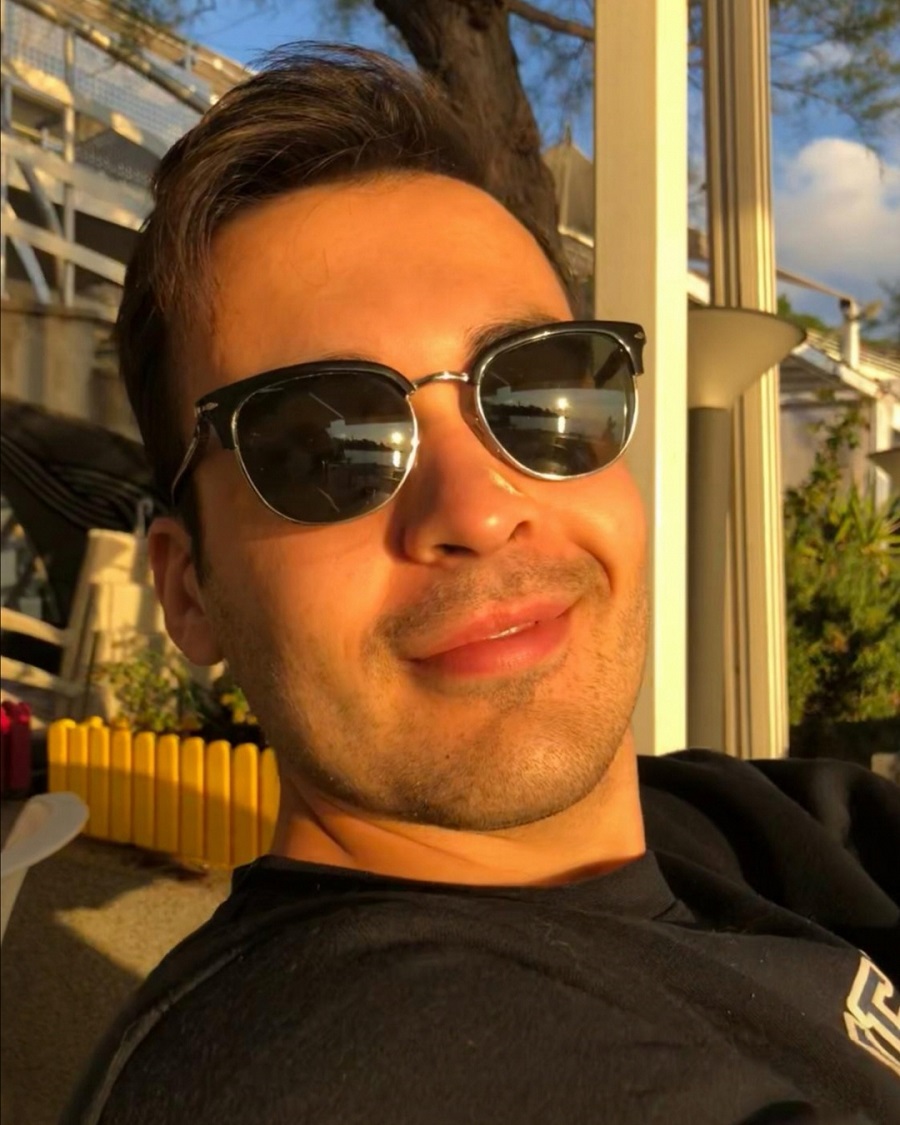
4. What were you most nervous about making the switch? What was your biggest fear, and how was the reality of what you found?
I was still in junior positions when it came to work and as such, I didn't have the option to work remotely. That meant working for Croatian employers in Split where marketing isn't as developed as in Zagreb or the UK & Ireland. Despite being extremely nervous about finding a job in my field and growing in one niche, I still made the switch. It was a difficult journey, especially with the epidemic happening in the meantime, but hey, I think I'm doing well for myself so far.
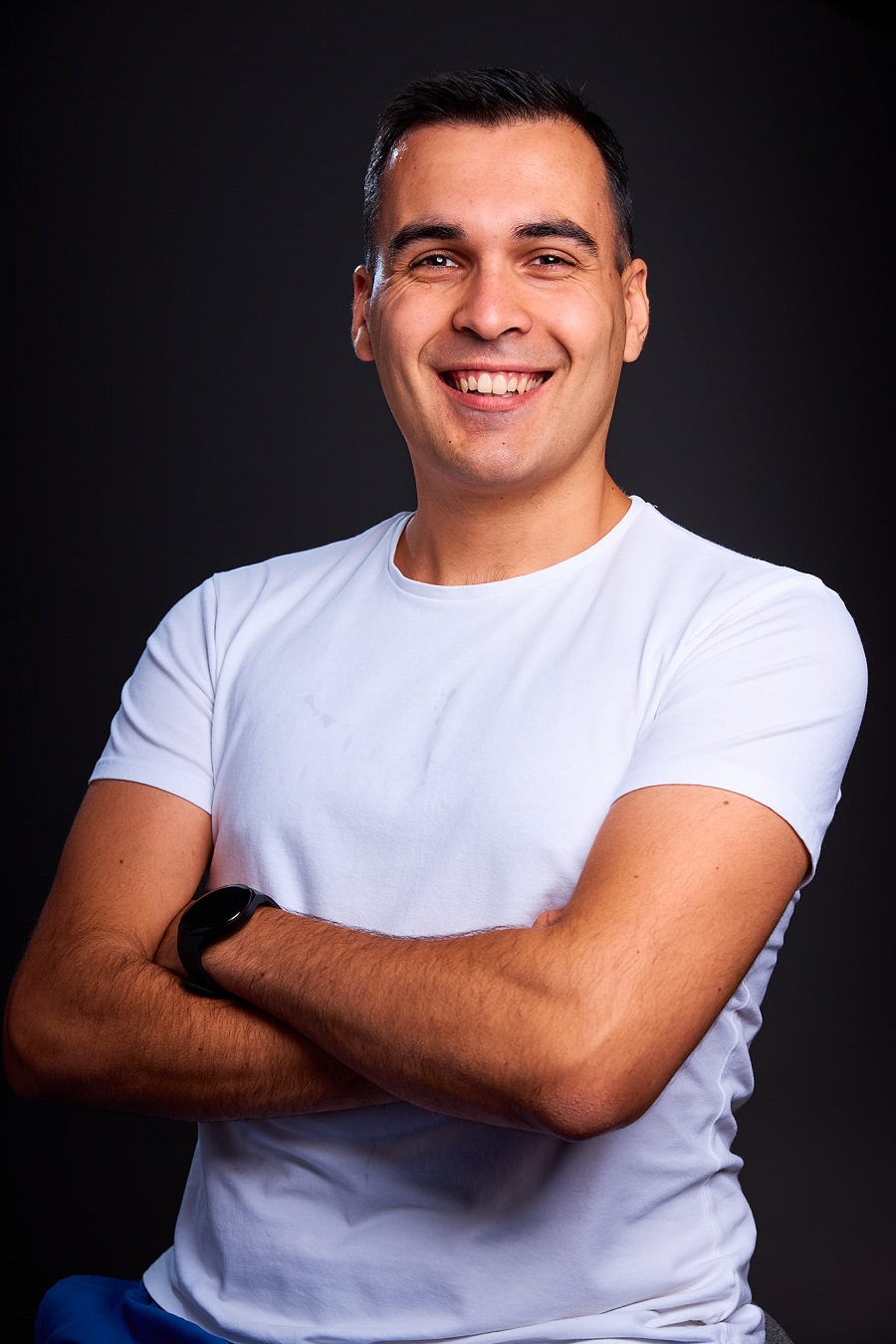
(Photo credit DUMP)
5. Think back to the time before you arrived. What were your perceptions about Croatia and how were they different from the reality you encountered?
Well, when I left Croatia, I had a relatively negative outlook on absolutely every aspect of life here (except the weather). Having returned, I truly became optimistic about its growth and the possibilities it will open for skilled young people. It's got a long way to go, its property market is a mess and the salaries are still barely catching up, but having returned, I truly began to appreciate the safety Croatia offers and the way of life here. The people themselves seem happier. To sum it up, I was well aware of all the things as before, just the appreciation for them changed.
6. You are still here, so obviously the pros outweigh the cons. Tell us about some of the things that you love about being in Croatia, as well as some of the things you don't like.
I'm a marketeer. As my skills and experience grow, my opportunities widen as well. My full-time employment is with Adriatic.hr where I've been given the opportunity to truly explore the niche area of marketing in which I'm interested in, and it's that kind of work I was actually afraid I wouldn't be able to find once I returned. Also, the relative proximity of everything is truly wonderful. Split is a walkable city. Except for Zagreb and perhaps Rijeka, I'd say in most towns you can get from one end to the other in half an hour on foot. Nonetheless, being employed in the tourism industry, it's a tad ironic that I dislike the wild tourism going on here (especially with the coast). It's unplanned, unstructured and I think there's a lot of room for structured growth here (we all know whose responsibility it is as well). The property market is too expensive for the common people. That, and obviously the bureaucracy should be better, but hey, with things moving slowly to e-Građani, life is becoming easier (I opened my obrt fully online after all).
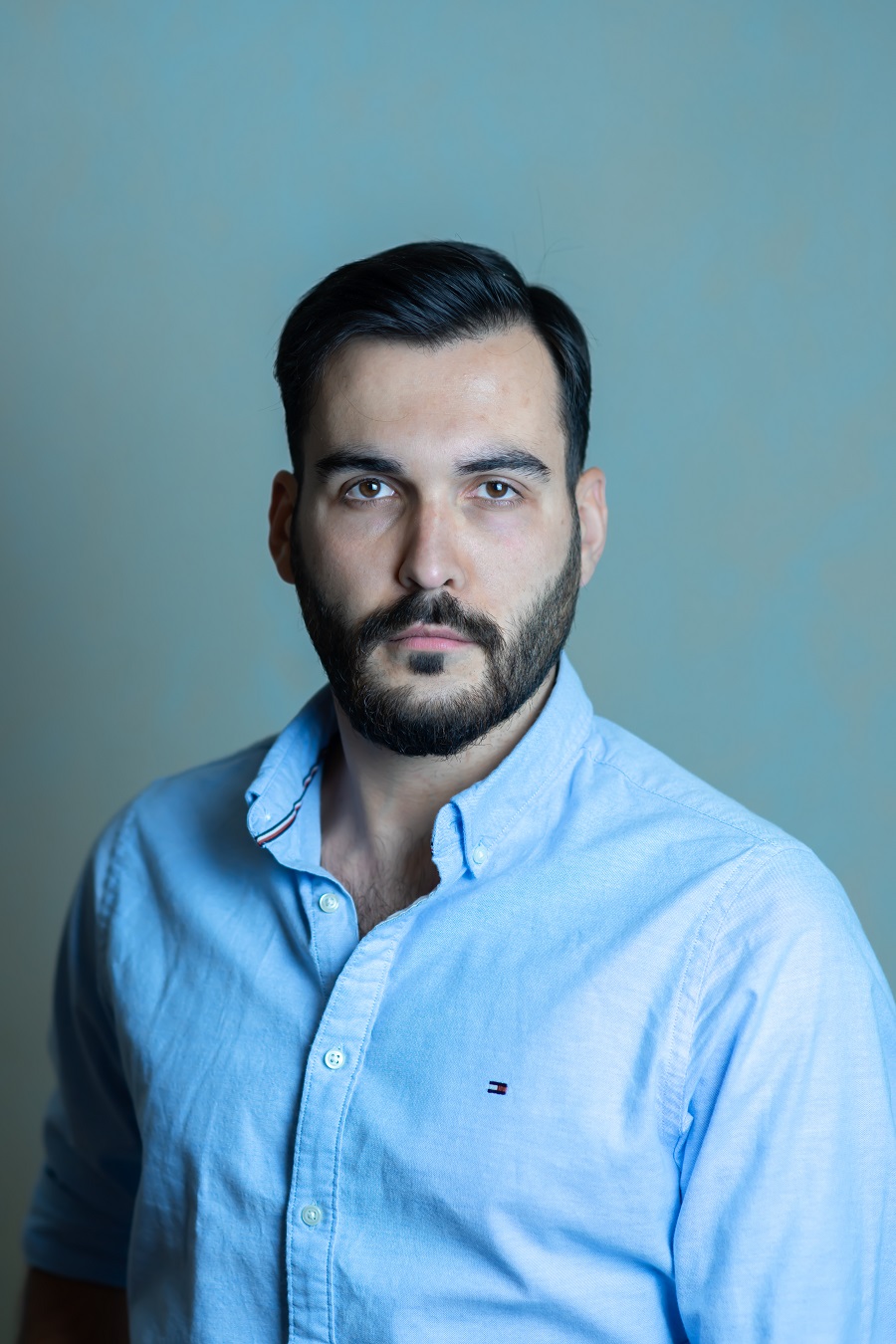
(Photo credit Ivan Capin)
7. What advice do you have for others thinking about making the move from the diaspora?
If you've got a remote job, then you shouldn't worry much. Just make sure you read everything with regards to the bureaucracy (you know, getting papers and visas if need be), and make sure your landlord won't kick you out during the summer season if you're somewhere on the coast.
8. How do you think Croatia can better assist those who are looking to return to the Homeland?
Honestly? Optimise the bureaucracy and make the processes simpler. "A gde je pečat" meme should become a distant memory. If our government wanted to, they have really nice examples set across Western Europe on how it should be set up.
****
Thanks, Ian, and enjoy your time in Croatia.
You can follow the TCN Croatian Returnees series here.
If you would like to contribute your returnee story, please contact This email address is being protected from spambots. You need JavaScript enabled to view it. Subject Returnees
You can subscribe to the Paul Bradbury Croatia Expert YouTube channel here.
****
What is it like to live in Croatia? An expat for 20 years, you can follow my series, 20 Ways Croatia Changed Me in 20 Years, starting at the beginning - Business and Dalmatia.
Follow Paul Bradbury on LinkedIn.
Croatia, a Survival Kit for Foreigners is now available on Amazon in paperback and on Kindle.

Return from Germany: Croatian Returnee Starts Up Business in Slavonia
January the 31st, 2023 - While we seem to hear little else about Croatia's demographic crisis than people abandoning parts of Croatia, particularly the east, to head off elsewhere in Western Europe in search of work, the opposite is also true. One Croatian returnee has moved home from Germany, bringing an innovative business idea with him - to Slavonia.
As Poslovni Dnevnik/VL/Branimir Bradaric writes, for a great many years now, Slavonia was the place from which people emigrated to other parts of Croatia or abroad and never returned. However, there are already an increasing number of cases where people have returned to their rural towns or villages and started a business of their own.
An excellent example of precisely this is the Zivkovic family, who after seven years of living and working in Germany, decided to return home to Vinkovci and start a business there. Jasmina and Petar opened their business, into which they transferred their rich experience gained from working in Germany.
In Germany, Croatian returnee Petar Zivkovic worked in precision welding at Siemens plants, and now he has started a business in Vinkovci manufacturing steel structures and industrial furniture. In starting the business, he also used 170,000 kuna in government grants, and he was given space at a preferential price in the Vinkovac Business Incubator.
"The conditions were certainly the main trigger for our return, although we'd been dreaming about it for some time. I also saw that there's a need for this kind of work and craftsmanship here. There's a lot of interest in industrial furniture, so there is no shortage of work. I took advantage of the government grants, bought the necessary equipment and combined all of that with my experience and knowledge. I'm very satisfied with my decision,'' stated Petar Zivkovic.
He is currently the only employee in his trade, but he says that given the volume of work and needs in the future, there will certainly be a need for expansion and the employment of new people. He has equipped his business premises with high quality products, so, among other things, he also owns a locksmith's 3D table, which is currently the only one of its kind in all of Croatia.
Meanwhile, his wife Jasmina opened her own business in Vinkovci, and at the end of February, the Vinkovci Business Incubator will celebrate three years of existence. With 12 offices and 5 production spaces now filled, more space is being sought, especially when it comes to production capacities. The director of the Vinkovci Technology Park, Josip Gilja, said that they started filling the incubators at the beginning of the coronavirus pandemic, but also that regardless of the problems which followed as a result of that unprecedented public health crisis, they still managed to fill all of their units.
"Today it's completely full. So far, 24 companies have passed through our premises, and they currently employ 40 people. Over the last three years alone, about a dozen companies have "outgrown" the Incubator, they've increased the scope of their work and their number of employees and have gone their separate ways. And that's our goal," said Gilja.
Croatian returnee Petar Zivkovic's workshop was also visited by the mayor of Vinkovci, Ivan Bosancic/
"These people have returned home and started businesses here and I hope that this will become a pattern that will encourage everyone who wants to return at some point, to do so, and to bring experience with them to create more business opportunities in Vinkovci,'' said Bosancic.
There is a great need for business spaces, and since the Incubator is full, the design and completion of the Zaluzje Zone will begin at some point during the year.
"The new zone spanning 130 hectares will be aimed at entrepreneurs, we want to have bigger companies operating here. We expect that other returnees will also bring their experiences with them home to Vinkovci, and hopefully also their salaries," said Bosancic.
For more, make sure to check out our business section.
Croatian Radio New York Launches Podcast Called Study in Croatia
January the 23rd, 2023 - Something new for the diaspora across the pond in the United States of America which aims to keep them connected to the homeland of their parents or grandparents. Croatian Radio New York's new podcast is likely to attract many.
Croatian Radio New York launches a podcast ‘Study in Croatia’. The aim of this podcast is to inform high school students, their parents, relatives and friends about the possibilities and admission processes for studying at the Croatian universities and colleges. During the first two podcasts, six higher education institutions were presented. Podcasts were hosted by Joseph Bogovic, senior at Townsend Harris High School in Queens, Srecko Mavrek, Croatian Radio NY host, Sara Skoda, college counselor at Townsend Harris High School in Queens, and Petra Pesa, Croatian Radio NY president and host. Boris Vilic, dean of the School of Professional Studies at Albright College in Pennsylvania, gave his introductory and final remarks to the podcast participants. He also introduced his voluntary work as a chair of the charitable foundation of the Association of Croatian American Professionals, ACAP, through which he led the creation of the Domovina Birthright Summer Program and several collaborations with institutions in higher education in Croatia.
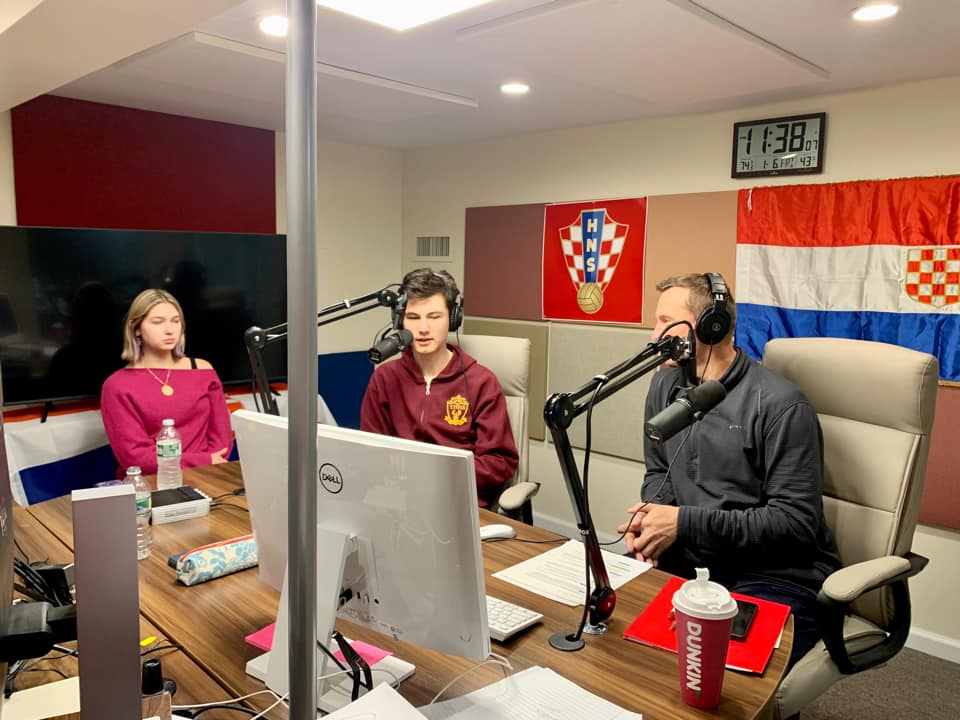
Studying at the Rochester Institute of Technology Croatia (RIT Croatia) was presented by dean Don Hudspeth, a Canadian that has been with RIT Croatia since the beginning and lives with his family in Dubrovnik, and Ivan Smoljan, Recruitment and Enrollment Specialist. Valentina Vucenik, RIT Croatia freshmen, described her experience and student’s life in Zagreb.
Izabela Oletic Tusek, Head of International Department at the Faculty of Organization and Informatics (FOI) in Varazdin, and prof dr. sc. Violeta Vidacek Hains, Head of Student Research Symposium in collaboration with Universities in USA and College Professor, introduced studying options at the FOI. Students Jerry John Antolos and Erik Duranec described their views and excitement about studying at the FOI in Varazdin.
Dean Dr. Sc. Mato Njavro introduced the Zagreb School of Economics and Management (Croatian: Zagrebačka škola ekonomije i managementa, abbreviated as ZŠEM), which is a private business school located in Zagreb. Founded in 2002, ZSEM provides undergraduate and graduate education in economics, management, finance, marketing, and accounting. ZSEM has been voted the best business school in Croatia for five consecutive years, most recently in 2012, and is Croatia's largest private institution of higher education. In 2013, the Zagreb School of Economics and Management became the first business school in Croatia to receive AACSB accreditation. The Association to Advance Collegiate Schools of Business, also known as AACSB International, is an American professional organization. It was founded as the American Assembly of Collegiate Schools of Business in 1916 to provide accreditation to schools of business, and was later known as the American Association of Collegiate Schools of Business and as the International Association for Management Education. Ruzica Lipovac, student at ZSEM, was born and raised in New York. She moved to Zagreb and followed in her older brother’s footsteps to enroll in the Zagreb School of Economics & Management. As a former International Baccalaureate student, with all her studies being in English, she wanted to continue having a global learning experience. The knowledge obtained has given her the expertise to help run businesses in the US and Croatia.
Lovre Kolega, ZSEM alumni, is from the USA, specifically Florida. He moved to Croatia in 2013 to attend high school and continued studies at the Zagreb School of Economics and Management - completing the undergraduate program in Economics and Management. During studies at ZSEM, with the support of ZSEM's Career Center he got an internship at Rimac Technology, where he was immediately hired after graduating and where he is currently continuing his career path as a Project Coordinator.
The University of Rijeka is in the City of Rijeka, the third largest city in Croatia and the main Croatian port. As one of the largest universities in the region, it comprises 12 Faculties and 4 Departments, which offer more than 172 accredited study programs. University of Rijeka welcomes international students through student mobility stays, degree study programs or research/guest activities. To support mobility, the University has signed more than 600 bilateral Erasmus agreements with 30 countries and takes part in various bilateral and multilateral ventures in higher education. Students who wish to enroll in full degree study programs at University of Rijeka have the possibility of choosing study programs in English and Croatian language, attainable on undergraduate, graduate, or postgraduate study level. Podcast speakers from the University of Rijeka were:
Prof Dr. Sc. Marta Zuvic, vice-rector for studies, students and quality assurance University of Rijeka
Marija Spoljaric - Student International Business at Business College at University of Rijeka, student ambassador on the Ambassador Platform
Tyler Zanki – alumni born and raised in New Jersey to Croatian Parents. Graduated with a Bachelor's in Chemical Engineering in May of 2020. A year ago, he moved to Croatia, and now is studying at the Faculty of Chemical Engineering and Technology at the University of Zagreb.
Aspira University College is a private college and a nonprofit institution, which organizes and conducts professional studies of Sport Management, Computer Science – Program Engineering, International Management in Hospitality and Tourism and Hospitality and Tourism Management. Aspira was presented by the following speakers:
Petra Mandac – Assistant Dean of International Cooperation
Josip Radic – International Relations Coordinator
Laura Mishevska - student
Algebra University College offers to the next generation of its students a possibility to study in English on validated bachelor study programs in the fields of computing, design and management and a unique chance to receive a Dual Degree from AUC and Goldsmiths, University of London. Algebra University College is the flagship of largest private educational organization in Republic of Croatia and the region (Algebra group), present today in more than 20 cities across Croatia. Founded in 1998, they currently have more than 150 full-time employees and more than 600 associated experts and higher educational faculties employed also in industry. Algebra is located in historic CUC campus in the heart of Croatian capital Zagreb, while adult education and training programs are conducted also in: Osijek, Pula, Rijeka, Zadar, Split, Varazdin and Dubrovnik, as well as in more than ten other smaller cities. Algebra University College was presented by:
Hrvoje Josip Balen – President of the Board of Trustees at Algebra University College and
Lidija Šimrak - Head of the International Office at Algebra University College.
“It was a great pleasure to moderate this informative podcast together with Joseph, who is such talented young man. Valentina was also a great contributor to discussions. I strongly believe in a big potential of the young people. My hope is that studying in Croatia will strengthen the ties between Croatia and Croatian communities around the world and develop solidarity among Croatian youth from many diaspora communities and homeland”, said Mavrek.
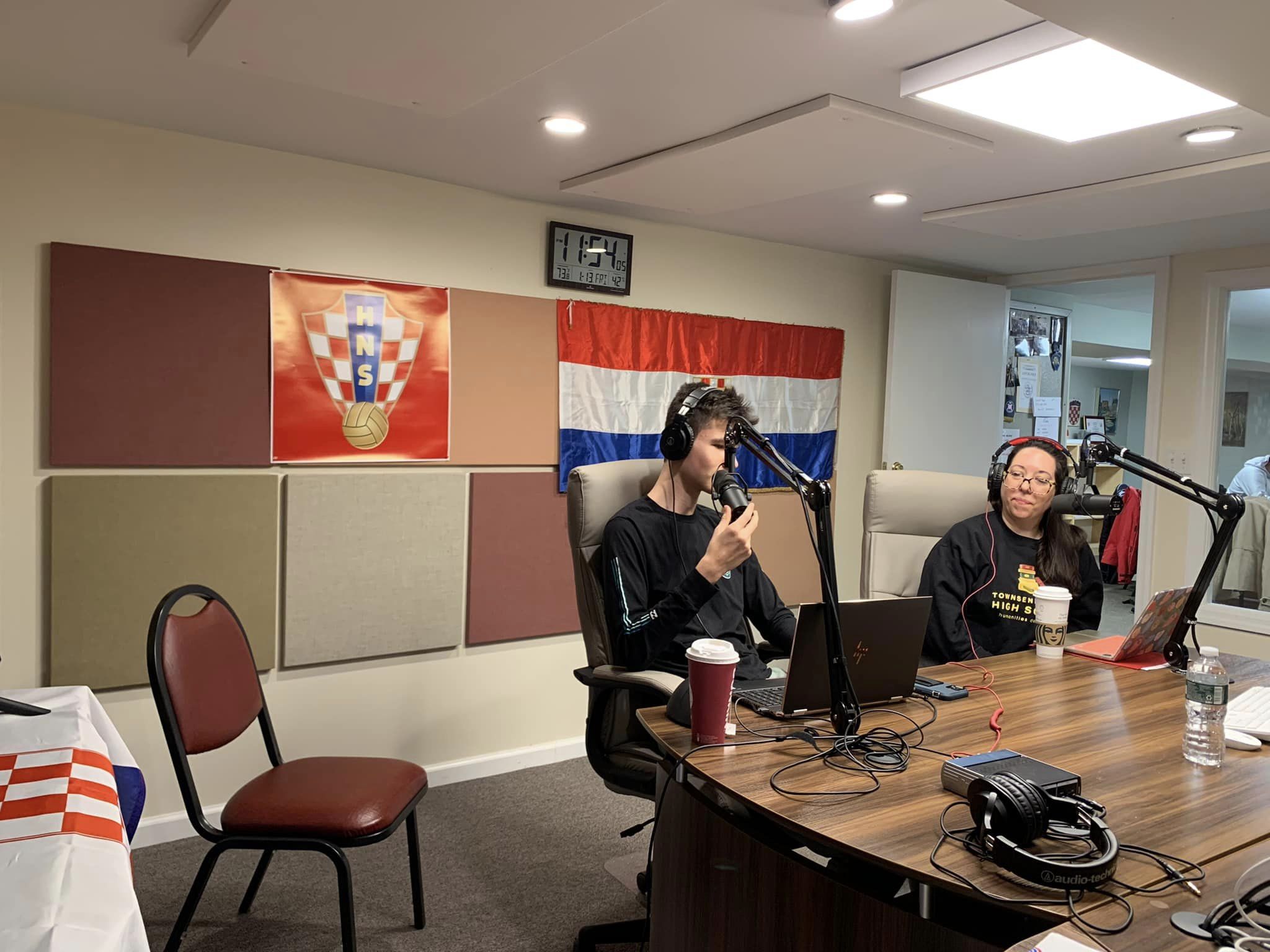
For more on the Croatian diaspora, follow our lifestyle section.
Croatian Returnee Stories: Paula Pintaric, From Amsterdam to Koprivnica
January 3, 2023 - Whisper it quietly, but more and more people are relocating to Croatia from the diaspora. In a new TCN series, we meet them to find out how they are faring and what advice they have for others thinking of making the switch. Next up is Paula Pintaric, who moved back from Amsterdam to sunny Koprivnica.
Hi! My name is Paula. I am a 30-year-old product designer born in Croatia who decided to move abroad in search for a better life just to find out that life in Croatia is pretty damn amazing. :)
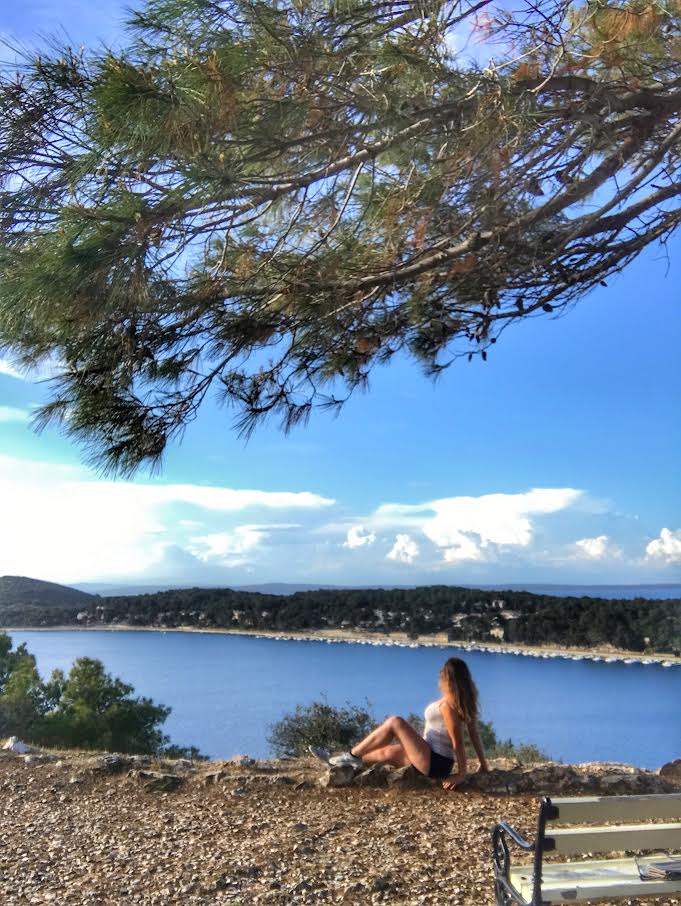
1. You made the switch to Croatia. Tell us a little about the decision process and how long it took for you to get on the plane.
Being pretty disappointed with Croatia, I moved to Amsterdam right after finishing my faculty. I lived there for around 4,5 years - I spent a lot of time exploring the country, traveling, dancing, going to parties, and hanging out with friends. I quite enjoyed it - it was a valuable experience for me. When Covid hit, Croatia opened up quite quickly in comparison to the Netherlands, so I used the opportunity to spend some time with my family and friends back in Croatia while working remotely. I was quickly reminded of the warmth of Croatian people, endless coffees, and a much easier tempo of living. After a few months, I flew back to Amsterdam, but I didn’t feel anymore that I want to live there. I kept thinking of great memories created back in Croatia, so pretty quickly after that, I found a job back in Croatia and moved. It all happened in a few weeks - I applied for a job, got it, went back to pack my stuff, and said bye to Amsterdam!
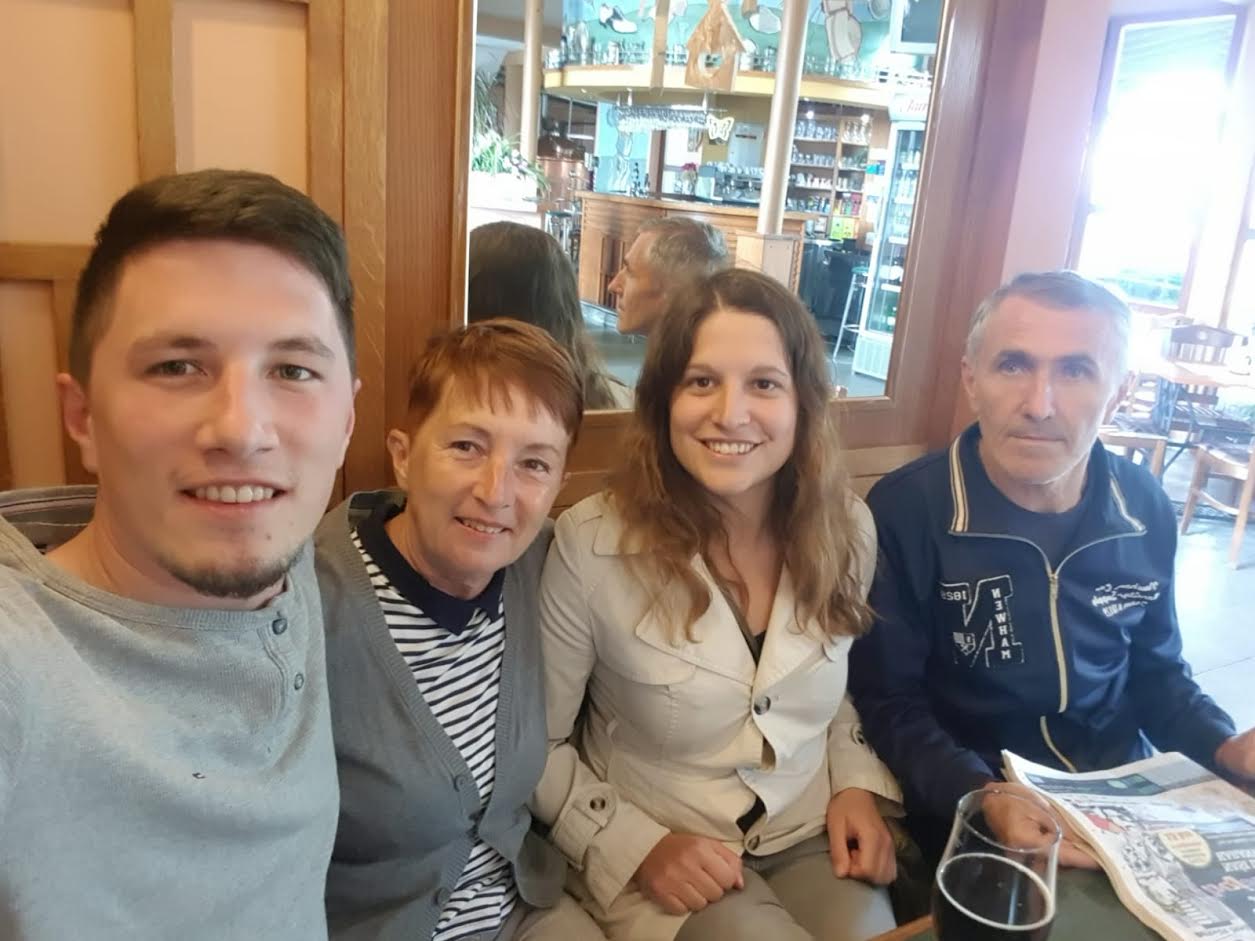
2. What did your family and community back home think of your decision at the time?
My parents were in disbelief for a few months, but I felt quite supported by my friends and family in Croatia, even though most of them were surprised by my decision. I still quite often get asked WHY would I move back to Croatia after living in Amsterdam. I usually say my time there was amazing, but I wouldn’t repeat it.
3. Think back to the time before you arrived. What were your perceptions about Croatia, and how were they different from the reality you encountered?
I lived in Croatia until I was 24, so I was aware of most of the realities and the things people in Croatia usually complain about. By living abroad, my perspective changed quite a bit, and I saw my country in a completely different light when I was moving back. I feel there is this culture of collective dissatisfaction that is quite strong in Croatia - western countries are often idolized, and we often take for granted the beautiful way of living we have. We’re forgetting that we’re quite connected to each other; we easily open up, spend a lot of time hanging out, and at the end of the day, this is priceless to me :)
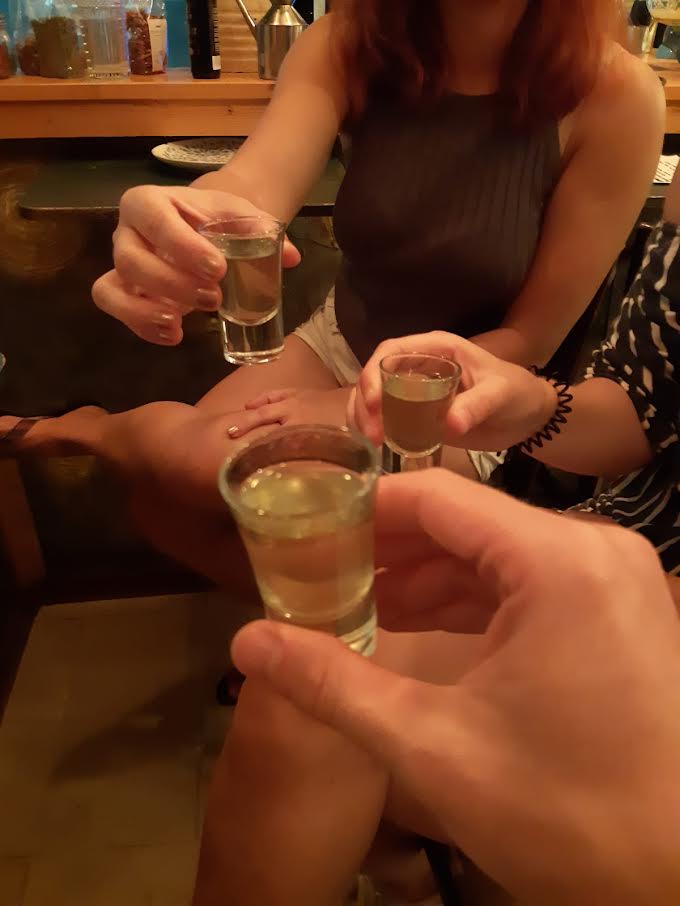
4. What were you most nervous about making the switch? What was your biggest fear, and how was the reality of what you found?
I didn’t really have any fears about coming back. I was actually pleasantly surprised because I got a feeling a lot of things progressed over the 4 years I was away. I was a bit worried about the bureaucracy and paperwork I need to do, but people working in the tax office actually helped me a lot, so everything went smoothly.
5. You are still here, so obviously, the pros outweigh the cons. Tell us about some of the things that you love about being in Croatia, as well as some of the things you don't like.
I love the way of living - endless coffees, hanging outs, pretty much everything about the community, better work/life balance, and a slower pace of living. Next to that, we really have beautiful nature, a great climate, food, and a lot of sunshine. I even love a bit of the Balkan craziness that comes with living here. I think this is a country with a lot of potential, and I would love if we could see it that way and start putting more effort as individuals in order to make it better economically. I don’t like that we see the current economical state here as the sole responsibility of a few people/government. I think we all have a say in it, but we need to stop complaining and do something about it.
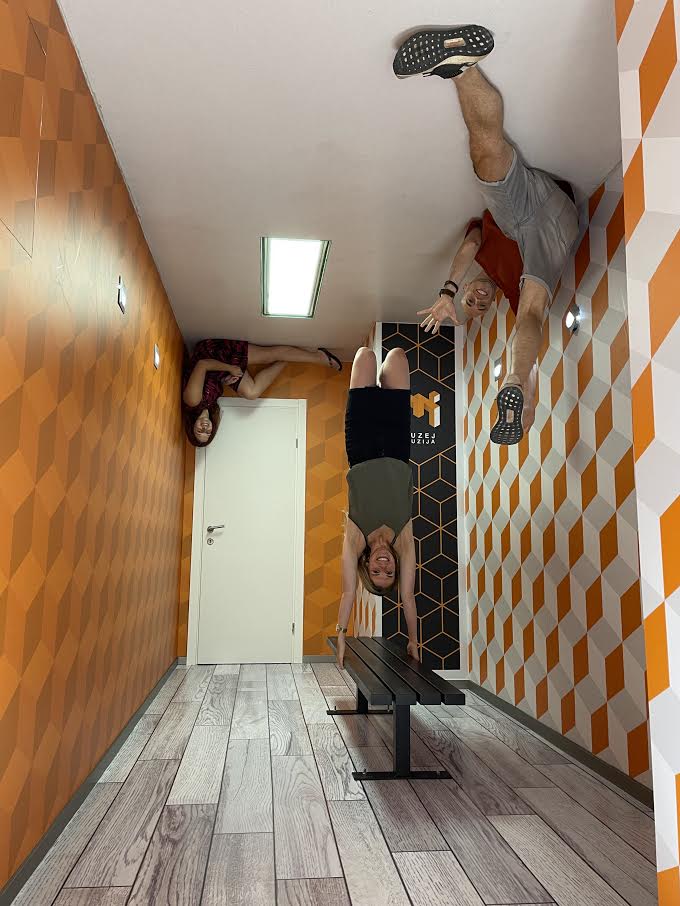
6. What advice do you have for others thinking about making a move from the diaspora?
I think the key to a painless move is patience and gathering as much information as possible. Everything can be solved, and people are quite willing to help out, even when it comes to complicated bureaucracy stuff. After you cross that hurdle, there is a lovely country full of possibilities on the other side. :)
7. How do you think Croatia can better assist those who are looking to return to the Homeland?
I didn’t need much assistance, so it’s difficult for me to say how it could have been done better. I’m not sure what it would look like if I grew up in another country or made a permanent move to the Netherlands for a longer period of time. Coming back after up to 5 years of living abroad is quite painless.
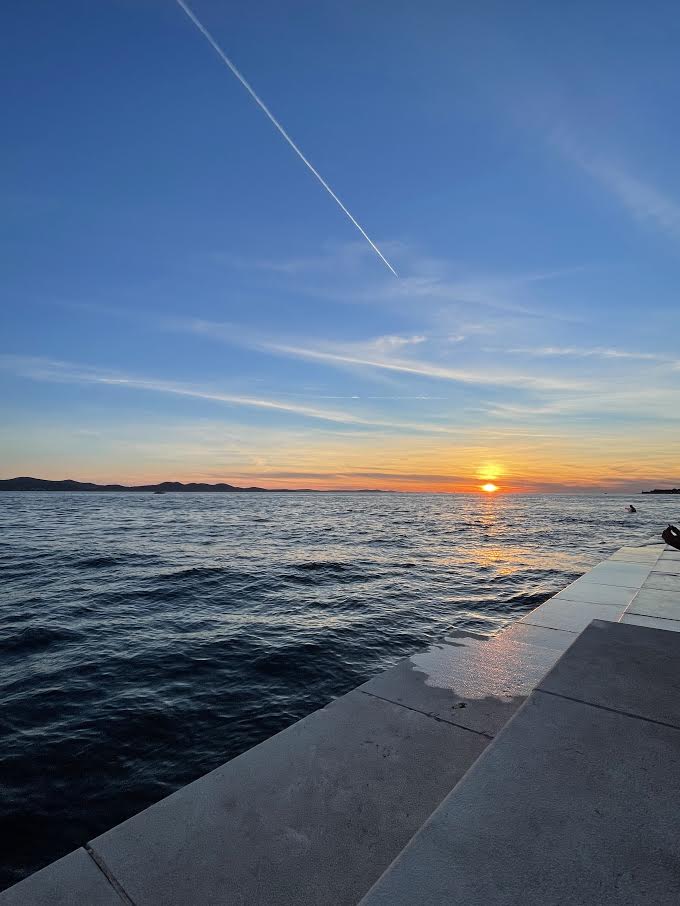
****
Thanks, Paula, and enjoy your time in Croatia.
You can follow the TCN Croatian Returnees series here.
If you would like to contribute your returnee story, please contact This email address is being protected from spambots. You need JavaScript enabled to view it. Subject Returnees
You can subscribe to the Paul Bradbury Croatia Expert YouTube channel here.
****
What is it like to live in Croatia? An expat for 20 years, you can follow my series, 20 Ways Croatia Changed Me in 20 Years, starting at the beginning - Business and Dalmatia.
Follow Paul Bradbury on LinkedIn.
Croatia, a Survival Kit for Foreigners is now available on Amazon in paperback and on Kindle.

My home in Croatia: A Portrait of Frano Donjerković, an Artist from Korčula
January 2, 2023 - The TCN inbox is full of surprises. Not all, but many of them are good. To start the new year off right, let us share a recent one that came in all the way from Australia. A Portrait of Frano Donjerković, an Artist from Blato, Korčula.
The nostalgic, warm, ultimately feel-good read was sent to us by the author of the text originally published in Melbourne in Hrvatski Vjesnik (Croatian Herald), the largest circulating Croatian language (with English insert) weekly newspaper in the global Croatian diaspora. It runs about 7,000 copies and has a digital presence, too, including Facebook. The story features Frano Donjerković, a Croatian Australian living in Melbourne. Read on to feel like you want to return to your home in Croatia, even if it was never there.
The oasis of islands on the Croatian coast has been called “extreme magic,” an awake dream by Truman Capote.
Frano Donjerković left his village of Blato, on Korčula at the doughty and courageous age of 27, in search of a better life in freedom and economic prosperity, reaching the shores of Australia in 1986. Leaving his home, family and community was a painful and sorrowful experience, and the memories of his youth, family and place have followed him all his life in Australia. Croatia has always been his home as he built a new life in Australia. He lives and works in Melbourne, married to Marien with a daughter Daniela and son Anthony.
Korčula is a magnificent island of artificers, stone masons, wood masters, smiths, shipwrights, sculptors and farmers, wine and olive oil masters and fishermen. Above all else, they are sailors; everyone can sail a boat, but on Blato most can turn to and make one. Korčula also has one of the best water polo teams in the world and many Olympic players. Korčula played a significant role in shipbuilding and maritime affairs in the history of Croatia because of its strategic geographical location and industry of its population. The great sea powers of Europe wanted to control the narrow channel between Korčula and the Pelješac peninsula, especially on the route between Dubrovnik and Venice.
Blato was once the largest village in the country, boasting more than 12,000 residents in the mid-1920s after an economic boom. Frano Donjerković also recalls vivid stories of hardship and departure from his childhood. He remembers an event that affected Blato significantly, that in one afternoon in the early post-war period 1,200 residents left in search of a better life. Blato’s population today is significantly lower and there are an estimated three-time more people from Blato throughout the world, many in Australia.
There are many things in Frano's life that are typical of the immigrant experience, from the pursuit of freedom and economic property, to raising a family in a place where everything seems foreign and unintelligible in a completely new language and idioms of speech and cultural habits. That has not stopped Frano Donjerković from being a valued, engaged, and leading member of the Croatian community and his broader Australian community. He is President of the Croatian Social Club Zlinje/Blato, a local Melbourne community organisation that nurtures the culture and identity of people from Zlinje and Blato, which marked its thirtieth anniversary in 2021. His passion for fishing and recreational boating brought him into the Hobson Bay Sport and Game Fishing Club, where today he serves as vice president.
Korčula is famous for many things, and today it thrives as a haven for tourists. It is known as the Marco Polo Isle, the birthplace of that intrepid traveller and prolific storyteller. Frano’s journey took him further south on the other side of the world to Australia, where he tells the stories of his home, family, and community through artistic renditions of miniature boats, ships, and buildings, all from memory.
Korčula is one of the largest islands on the Adriatic surrounded by a crystal limpid water in the glittering arc of Canaletto-blue sea. It is a beautiful and verdant island, and life can be traced back tens of thousands of years. Its statute or governing constitution was enacted in 1214 and defines limits to power through a popular assembly, and spells out the roles of dukes, the grand council, small council, curia, and ensures the provision of utility services and sanitation. The statute is a “unique normative crossword puzzle” of medieval institutions, special freedoms, and layered jurisdictions, representing a genuine constitution. It predates the Statute of Dubrovnik (1272) and the Statute of the Principality of Poljica (1440), two republican poleis serving as pinpricks of freedom in the Adriatic.
Strabo, that intrepid travel writer born in 64 B.C., was the first to distinguish Korčula from Corfu: both were named Korkyra in ancient Greece. Strabo added “Melania” (“dark black”) and coined Korkyra Melaina to denote Korčula because it was so densely wooded. Korčula has been described as glorious and enchanting, one of the isles on which many would welcome shipwreck, but that would not last long because of its proximity to the mainland and its strategic location along the bridges of islands that croisette southern Croatia’s coast. The name Blato is literally “Mud,” a name taken after the fertile plains that link the village to the Vela Luka (the Grand Port). The literal translation is not accurate, however, and “blato” in early Croatian refers to a large body of water. The village received its name from a lake that existed in the valley between the village and port Vele Luka. This lake was drained in the early twentieth century by a four-kilometre tunnel to drain the water into the sea. The village shimmers in the iridescent light of its fortified stone structures and narrow lanes. The linden tree alley “Zlinje” was planted and stretches from one side of the village to the other. It partitions Blato into two and is all but impenetrable, with the additional marquis of arbutus, sage, lavender and rosemary, whose combined heady scents dazzle. All these, plus pine, cypress, and holm oak, which has been used by local shipwrights for a millennium, make Korčula one of the most aromatic and thickly vegetated villages in the Adriatic.
Frano Donjerković and his recreations
Frano’s creations are a freeze-frame of a time and experience lodged in his memory. His home in Blato was the third house built in the village, and its one,-metre-thick walls have not changed much since the first stone was laid. Frano has been creating his boats, houses, and other artifacts about 30 years ago in his studio that also poses as a garage. He works exclusively from memory, and doesn't use plans, sketches, or photographs. All the images are in his mind, etched into his experience and memory of childhood growing up in the enchanting, industrious, and idyllic village of Blato.
Frano has exhibited twice at the Joel Gallery. In 2022 his exhibition was called “My Home in Croatia,” and in 2018, “Creations.” He has also displayed his creations at Croatian community centres in the past and plans to do more in the future. Photo courtesy of Louis Joel Arts & Community Centre
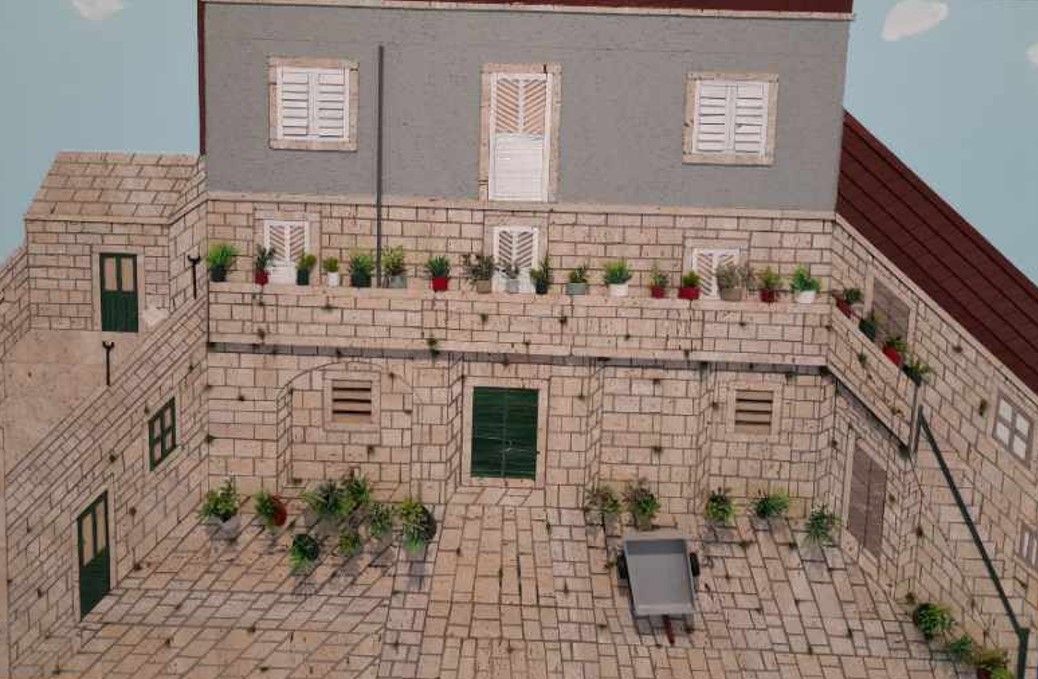
Frano’s family home held by generations since it was founded. As the third house built in Blato since the village was founded, with one-meter-thick walls, it has withstood the vastitudes of time and calamities of centuries.
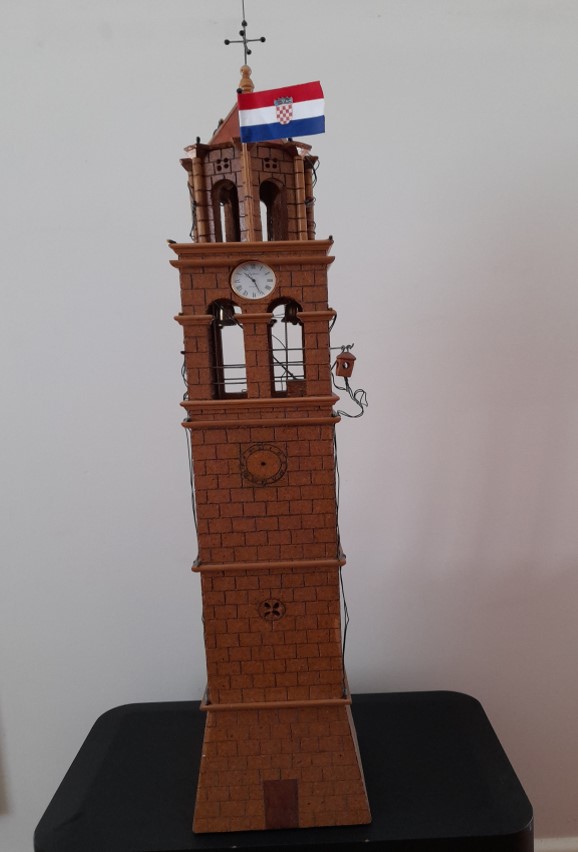
Frano Donjerković remembers the soothing and inviting sound of church bells in Blato. The bell tower was built in the eighteenth century, and its loopholes in the walls suggest that it was also used for defensive purposes. The parish church is situated with a spacious loggia or square. The Our Lady of the Field church has Roman floors that place its beginnings in the fourth century. The remnants of a Roman agricultural estate (Junianum) and other artifacts dating back prehistoric and Illyrian times.
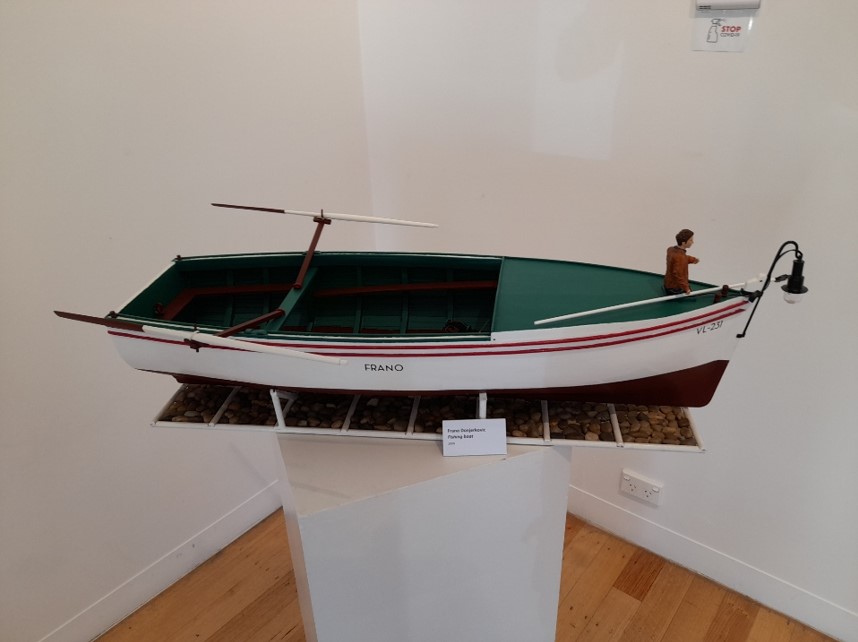
Fishing schooners, boats and ships of cargo are etched in Frano’s memory. The boats are named after family members. The biggest boat took him a year to craft.
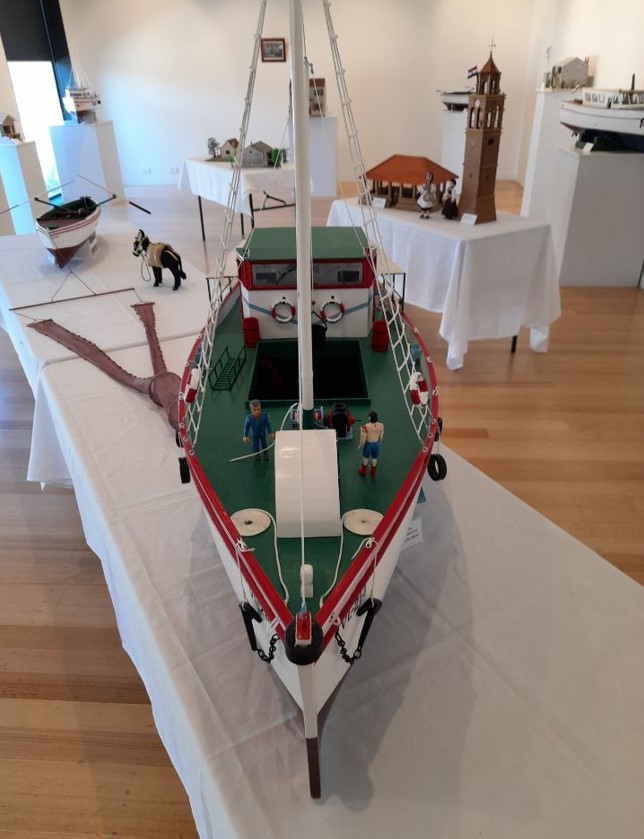
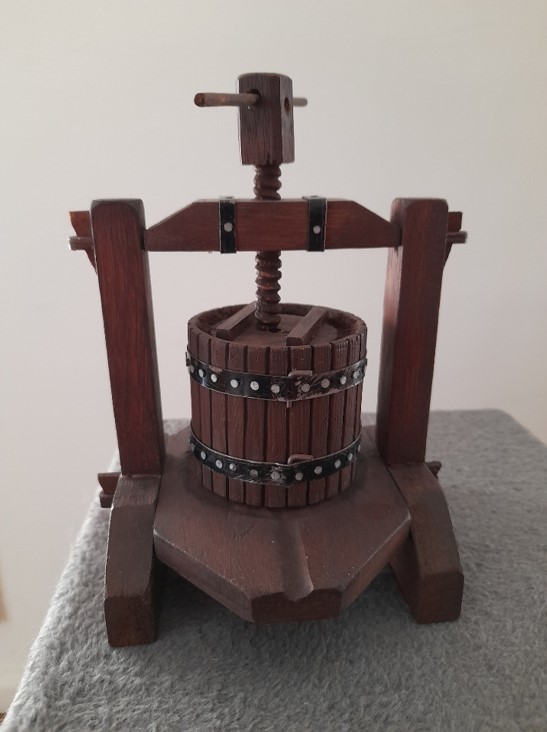
Frano’s family are also masters of winemaking. The first piece of creativity inspired by memories of his home in Croatia is the wine press that his grandfather acquired. This was Frano’s first creation from memory.
Kumpanija: the sword dance of heroes and romantics
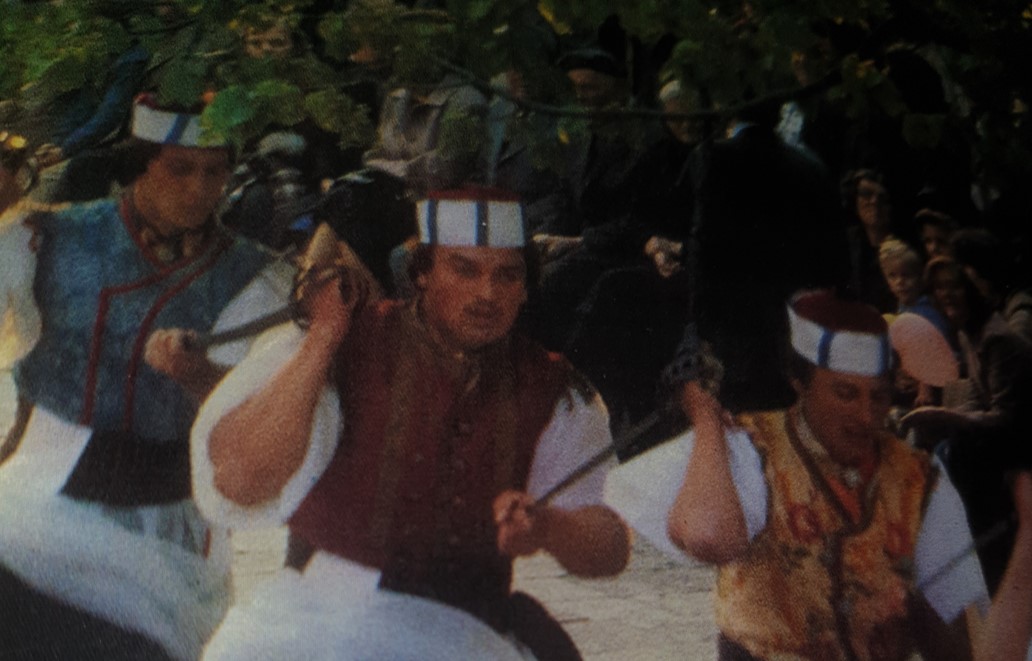
Frano Donjerković performing the “Kumpanija,” a traditional sword dance celebrated in Blato and Vele Luka. As a young man, Frano joined the Knights’ Society Kumpanija (Companions), established as an ensemble in 1927, and is the pride of Blato. The ensemble keeps traditional dances and customs representing a chivalrous confrontation between two armies, with highlights of a sword dance that is accompanied with a menacing drum and harrowing bagpipe. The dance “Kumpanija” or “sword dance” celebrates the success of local armed formations to protect the village and port from pirates and would-be conquerors, which did not have traditional defensive fortifications or walls like many other coastal cities in Croatia’s coastal waters. The dance is wrought with intensity with high-impact sword duels. The “Kumpanija” dancers must have considerable agility, talent, and stamina.
The knights are divided into classes; (barjaktar, captain, kapural, srzetin, buzdonahar) and different parts of the dance (spuz, mostra, tanac, etc). Apart from the sparks flying from the swords, a particularly attractive role is demonstrated by the “alfir” (flag-bearer) and his large Croatian standard, which ends with a dance with the local ladies, called the “tanac.” The sword dance “Kumpanija” takes place in the square (plokata) in front of the Church of All Saints. The main performance takes place on 28 April every year to mark the Day of Blato, which is also the Feast of Saint Vincenca, and on 15 August, feast of the Assumption of the Blessed Virgin Mary. The “Kumpanija” also frequently performs across Croatia and Europe and can be seen during the height of the tourist season as a regular attraction.
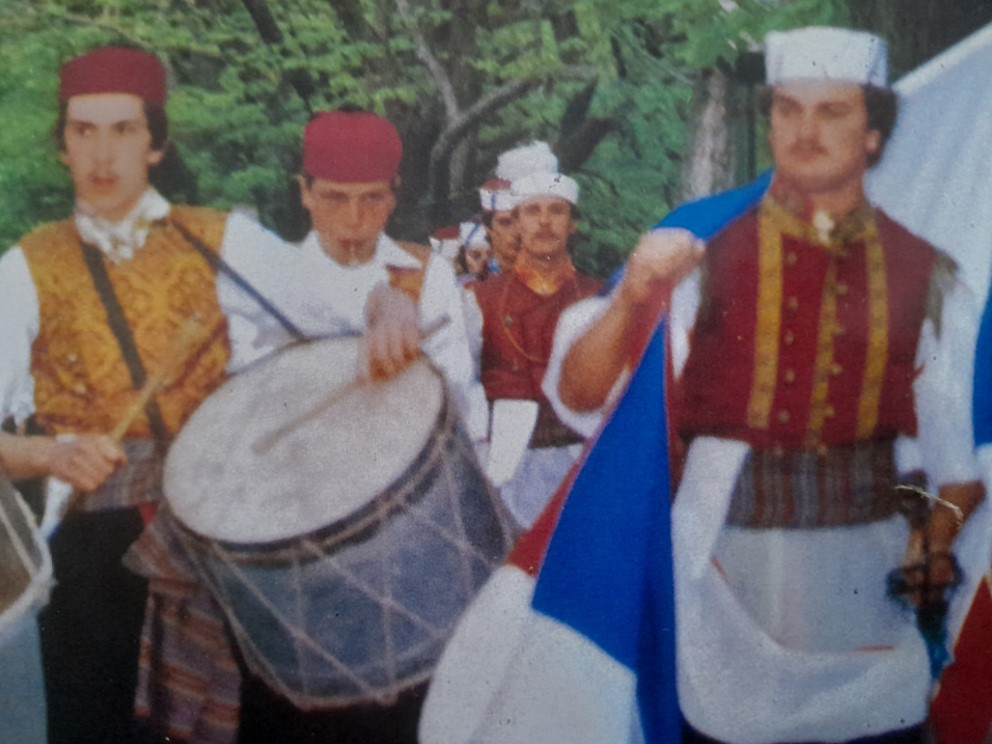
Stand Here, Captain! | By Mirjana Mrkela (story) and Niko Barun (illustrations) |
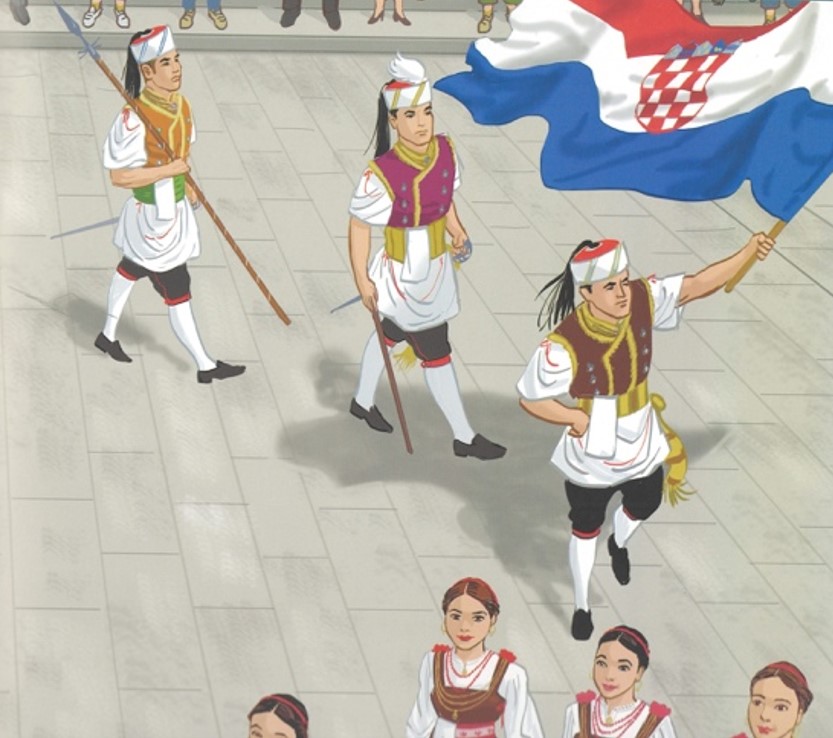 | The Blato Public Library and Knights’ Society Kumpanija, Blato in 2019 published a book on the sword dance by Mirjana Mrkela (story) and Niko Barun (illustrations). The book was published in both Croatian and English, with considerable detail on the story of each stage of the dance, including 36 beautifully illustrated pages under the title “Stand Here Captain! Information about acquiring the illustrated book can be obtained by writing to This email address is being protected from spambots. You need JavaScript enabled to view it.. |
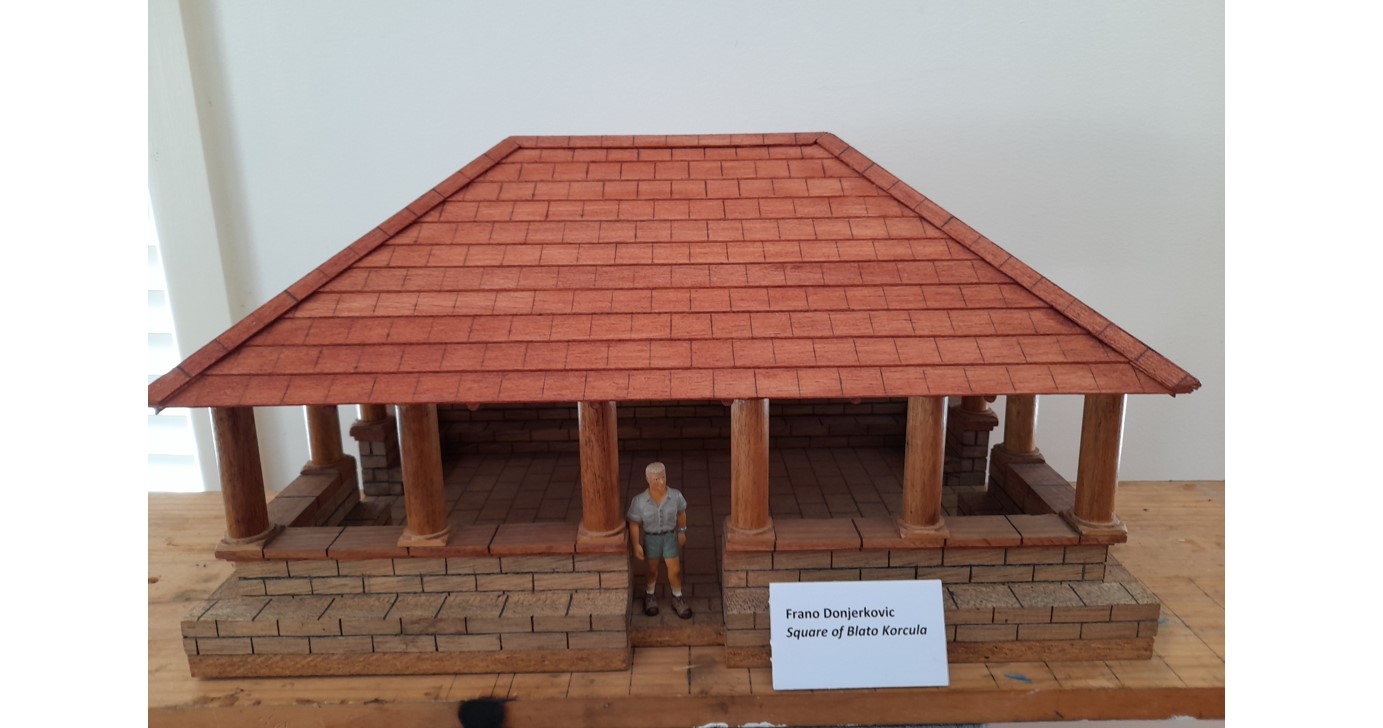
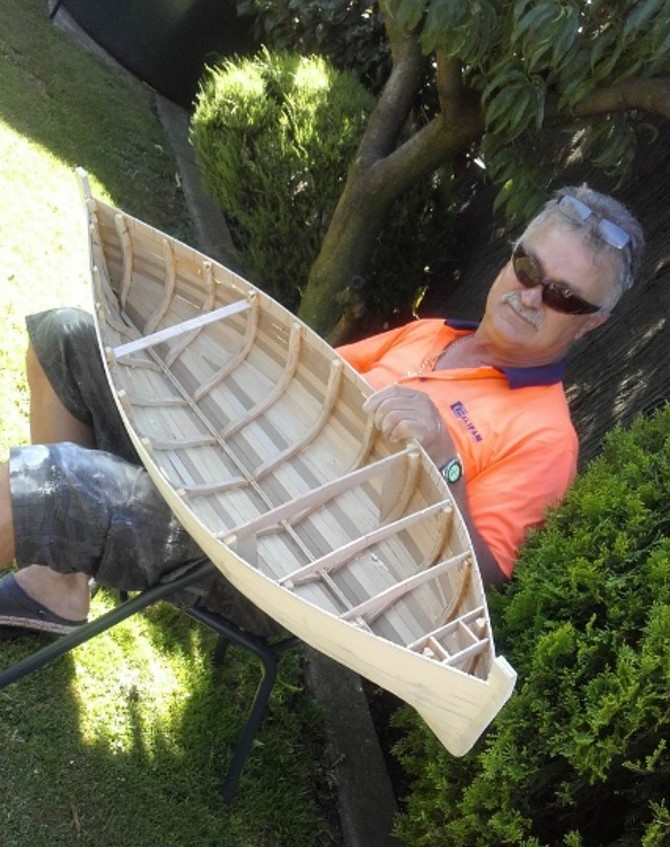
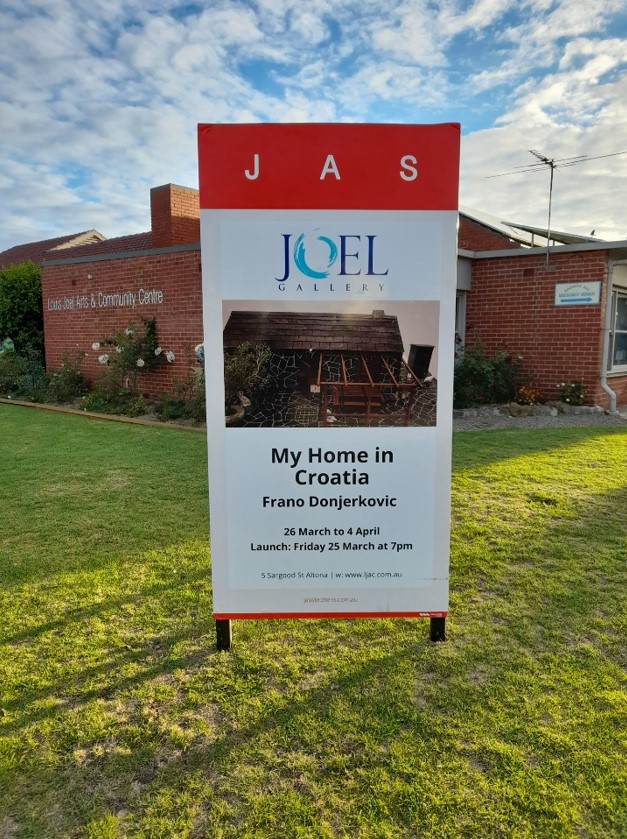
For more, make sure to check out our dedicated Croatian Diaspora section.
Croatian Returnee Stories: Tonci Petric, from Stuttgart to Zagreb
November 17, 2022 - Whisper it quietly, but more and more people are relocating to Croatia from the diaspora. In a new TCN series, we meet them to find out how they are faring and what advice they have for others thinking of making the switch. Next up is Tonci Petric, who moved from Stuttgart to Zagreb.
Hi! My name is Tonči Petrić. I am a returnee from Germany. I was born in Stuttgart, the capital of the automotive industry in Germany and the headquarters of Mercedes-Benz and Porsche. Originally, I am from the island of Hvar, where my roots and my family came from. I have now been living in my new home in Zagreb fo 6 years. I am working as a journalist, blogger and news anchor for the national broadcasting company HRT, presenting international news in the German language. In my free time, I produce the podcast Green Deal Hrvatska.
My motto is: “Fill your life with adventure, not things. Have stories to tell, not stuff to show.”
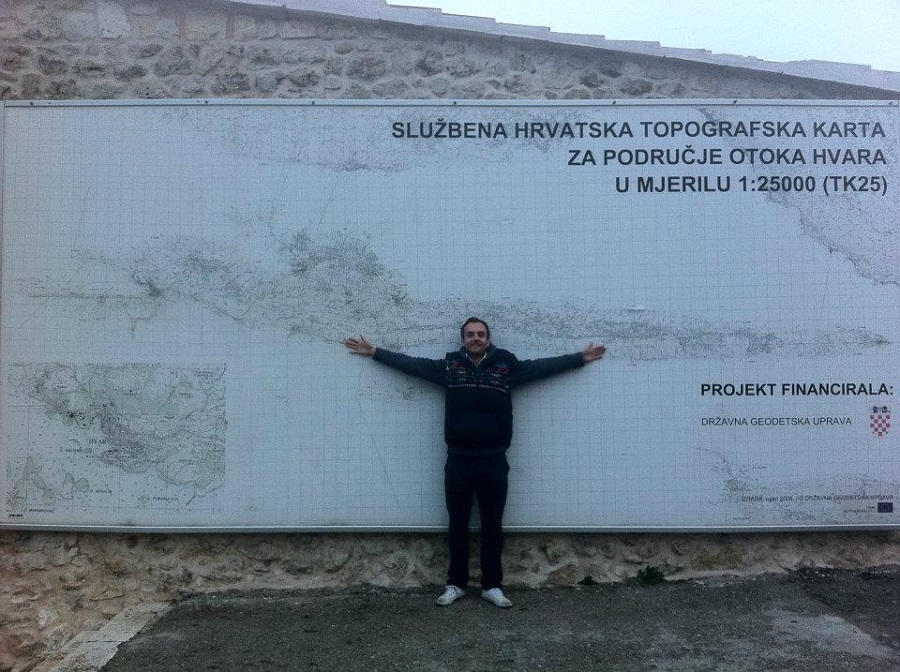
1. You made the switch to Croatia. Tell us a little about the decision process and how long it took for you to get on the plane.
It took me quite a long time to take the plunge and move to Croatia, although I've always wanted to live in Croatia. This decision-making process took place in stages (see below). I was already considering moving to Croatia after high school, but then I said to myself that I would like to complete my university education in Germany. After my bachelor's degree, I did internships in Germany and Croatia. After that, I decided to finish my studies in Germany.
At the same time, I also wanted to see the world after my studies. So, I went to New Zealand and Australia for half a year, and I travelled to other countries in the region. After HRT offered me an interesting job vacancy, I said to myself; I'll try Croatia now. There is never a perfect time for such kind of decision, but you have to act according to your own gut feeling.
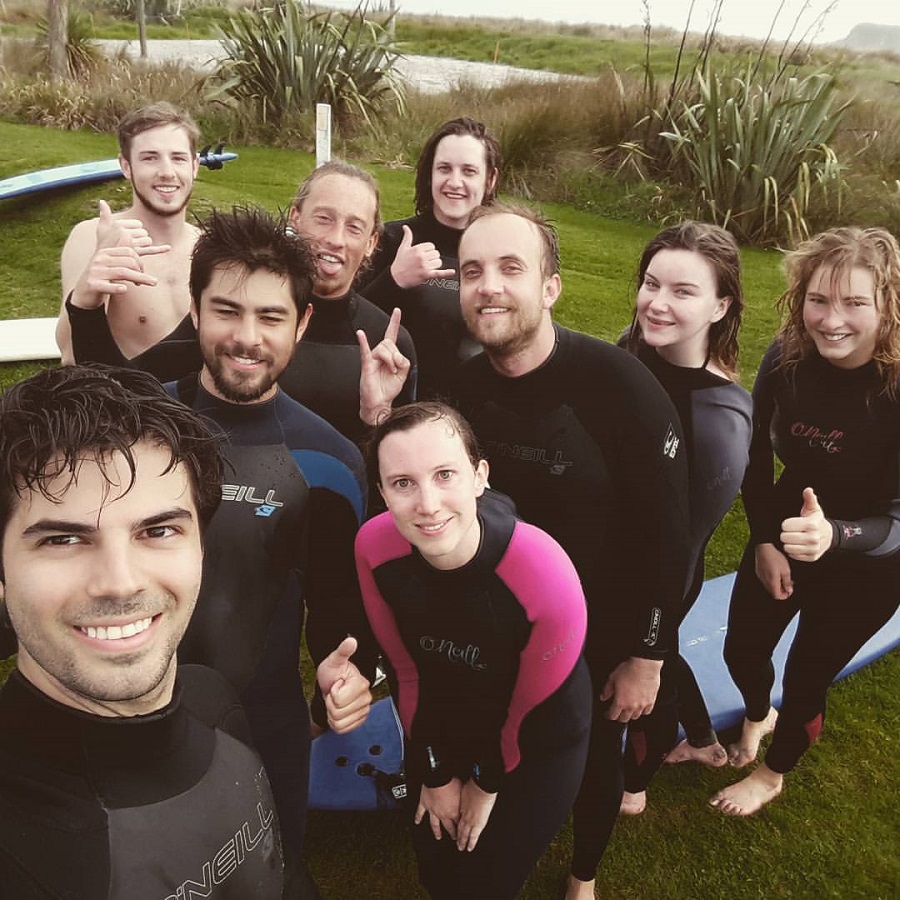
2. What did your family and community back home think of your decision at the time?
I think they supported me. Nobody was against my decision. They had known that I somehow always wanted to go back to Croatia. So, I think they were not so surprised by my decision. I think a lot of my friends or people who know me could understand my decision and see me somewhere else, but not in Stuttgart or Germany.
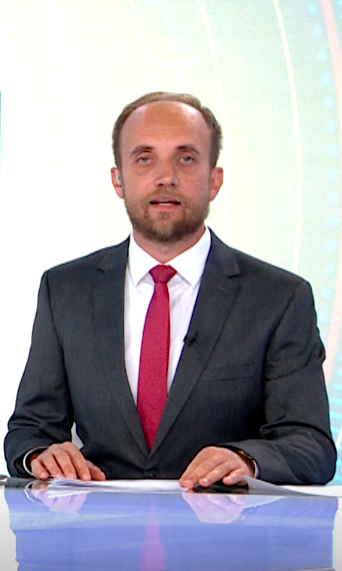
3. Where did you get your information about the realities of Croatia prior to coming?
I took part in n European pilot project called „ENAIP „between Croatia and Germany, where I was used to learning „Business-Croatian“, and I did a one-month internship in Zagreb. This gave me my first real experiences and ideas of life in Croatia. A few years later, I got a one-year scholarship from the Croatian government for the "CROATICUM" program, and I could improve my Croatian language skills at the Faculty of Philosophy in Zagreb but also catch more contacts and experience in Croatia. After this one year, I did a second internship in Zagreb. I worked for several months for the Croatian-German chamber of commerce and gain more professional experience in Croatia.
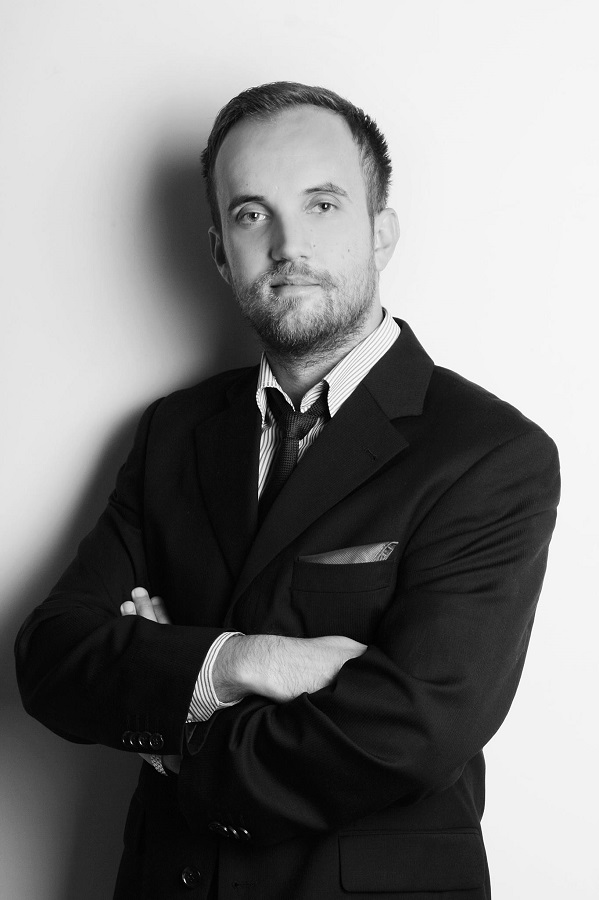
4. What were you most nervous about making the switch? What was your biggest fear, and what was the reality of what you found?
Would I find a proper job in my job field? Would I be happy with the salary, and could I survive financially? What are the possibilities later if I would like to change my career maybe? The more you are proactive, entrepreneurial, flexible or creative the more you will be successful and happy in Croatia.

5. Think back to the time before you arrived. What were your perceptions about Croatia, and how were they different from the reality you encountered?
Time before I arrived: Nice lifestyle in Croatia, being home, sunny and warm. Nice people, in many things not well-developed and corrupt but also high potential. Uncertainty in the matter of finding a proper and good job and having a regular good income
The reality today: more flexible and possibilities for myself than I thought - I can live in Zagreb as well as in Hvar. It's possible to find a good job in Croatia - you have only to be more proactive and entrepreneurial. I have got more of a sense of freedom and satisfaction as well as that I think that I really do what I love. Higher life quality than I thought.
6. You are still here, so obviously, the pros outweigh the cons. Tell us about some of the things that you love about being in Croatia, as well as some of the things you don't like.
I appreciate the feeling of being really at home in my country, surrounded by a similar mentality and people like yourself.
I love to go for Coffee whenever and wherever I want with friends to hang around and communicate with people or go alone and read newspapers (nobody will look at you like a stranger for that!)
What I also appreciate is the fact that everything is close and reachable for me in Croatia: The sea, the mountains, and the interior are not so far from Zagreb or other European capitals, and I can do my work as a journalist but also can go for a couple of days to Hvar to pick some olives for example.
From a German perspective, everything is far away. In Germany, I always had the feeling that I was like a bird in a gold cage. I didn't miss anything, but everything was over-restricted and less possible. In Croatia, meanwhile, I am feeling like a bird flying in freedom.
The point I really don't like is the passiveness of the people in Croatia. Things in Croatia can be better if we struggle for it or try to change it or show our dissatisfaction as citizens than just sitting in coffee bars and complaining and doing nothing.
Another negative thing is the bureaucracy in Croatia, or I would better say the unmotivated and incompetent people who are working in administrative departments or agencies. You have to deal with them, knowing that it will be frustrating, and in the end, you have to do their job.
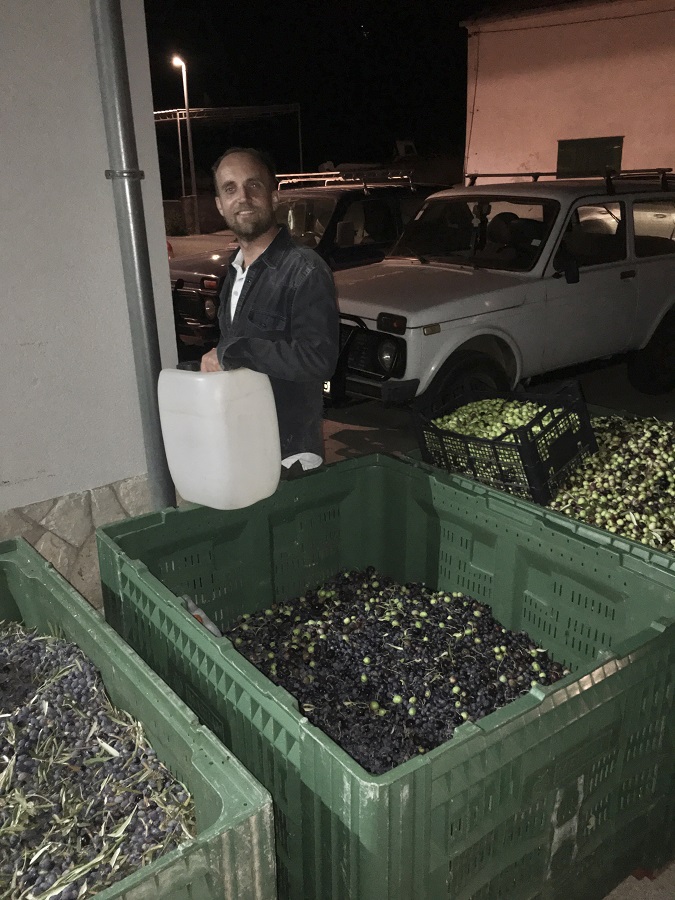
7. What advice do you have for others thinking about making a move from the diaspora?
Be open and flexible. Be aware that you maybe will not work in your specific field and that you were used to working in your host country. But in my opinion, Croatia offers a lot of potentials where everybody could find a niche for himself. If you know German, this is a big plus in Croatia. It is useful in each segment of the job market in Croatia.
Try to inform yourself before you go to live in Croatia. At best, try to get your information on the ground, try to contact people in Croatia and go for a coffee with them, Be socially able and spread out your network and connection. Go for a coffee, go for a coffee, go for a coffee...
In my view, everybody with a good school education and knowledge of the German language can find a proper job in Zagreb. You have to be more proactive and have initiative and rely less on the state and society.
With new internet technologies, you have far more possibilities to work on something and earn a salary. You can live nowadays as a digital nomad. Find an employer other than the internet in Germany, but live your life in Croatia.
And the end, no risk – no fun. Just try it. If it’s not worked out for you, you can later say I tried at least, and you will not regret it.
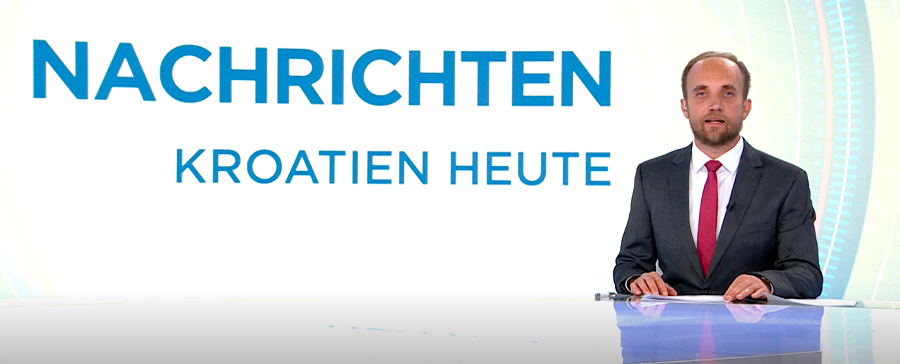
8. How do you think Croatia can better assist those who are looking to return to the Homeland?
Provide better and adequate information about Croatia and the job opportunities for somebody who is willing to return to the homeland. Reduce uncertainty. Try to make this move for them easier and more comfortable. More practical information, for example: How to deal with health insurance in Croatia?
The CROATiCUM institute should not only be a language centre, but it should also be an information point with practical advice and help for returnees as well. As it could be a cultural centre in the world for promoting Croatian culture in general, similar to Goethe Institute in Germany.
Maybe get a special adviser from the city of Zagreb or from some Croatian ministry to give assistance to returnees.
****
Thanks, Tonci, and good luck with https://glashrvatske.hrt.hr/de/blog/ruckkehr-nach-kroatien
https://greendealhr.podbean.eu/
https://glashrvatske.hrt.hr/de
****
You can follow the TCN Croatian Returnees series here.
****
What is it like to live in Croatia? An expat for 20 years, you can follow my series, 20 Ways Croatia Changed Me in 20 Years, starting at the beginning - Business and Dalmatia.
Follow Paul Bradbury on LinkedIn.
Croatia, a Survival Kit for Foreigners is now available on Amazon in paperback and on Kindle.



